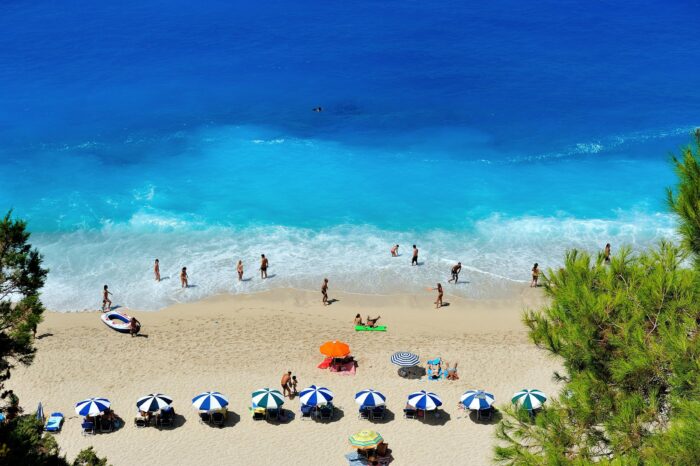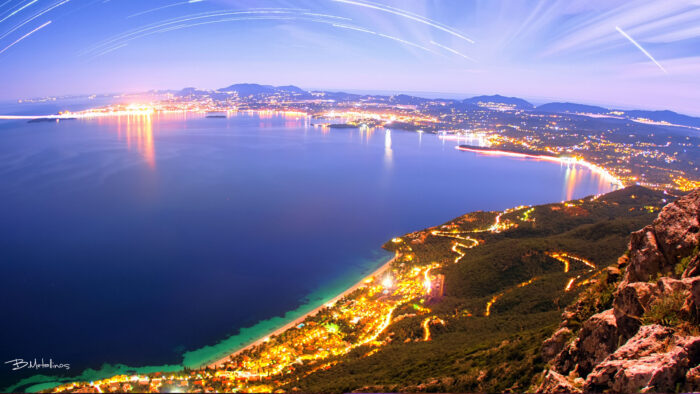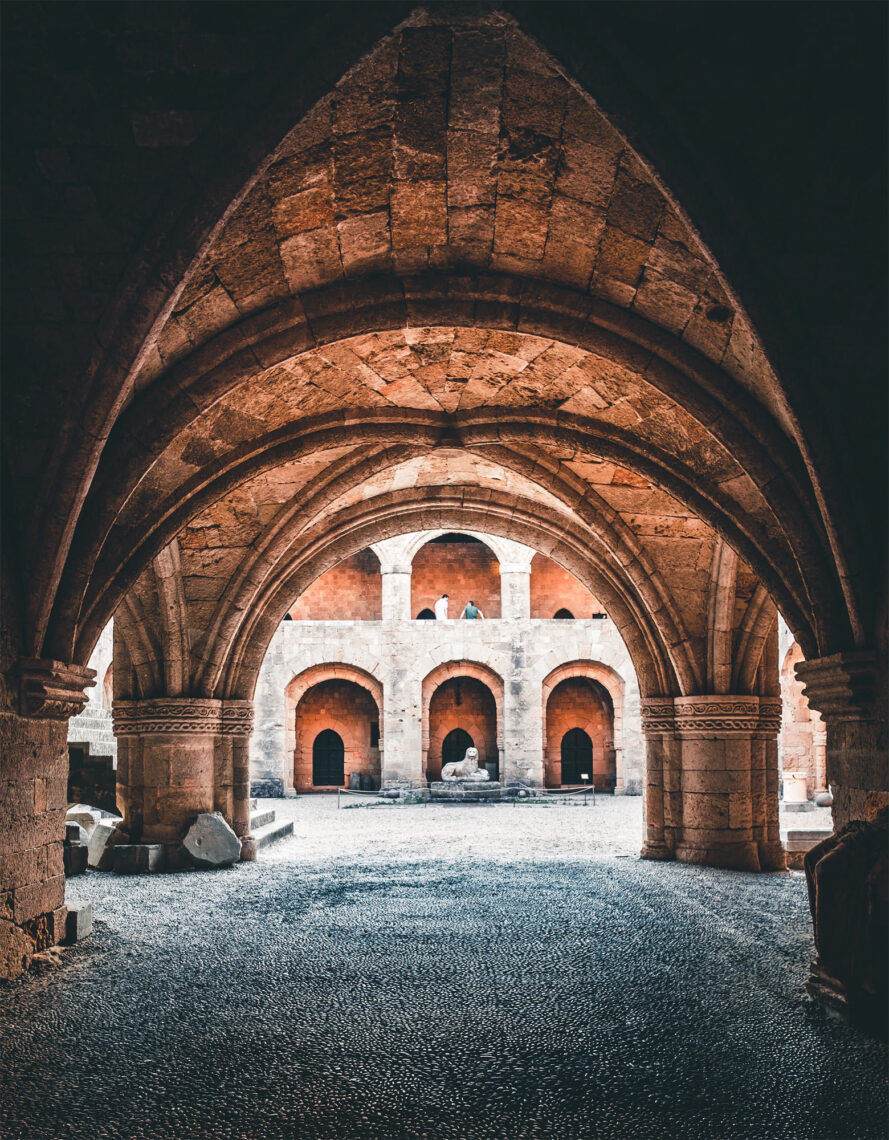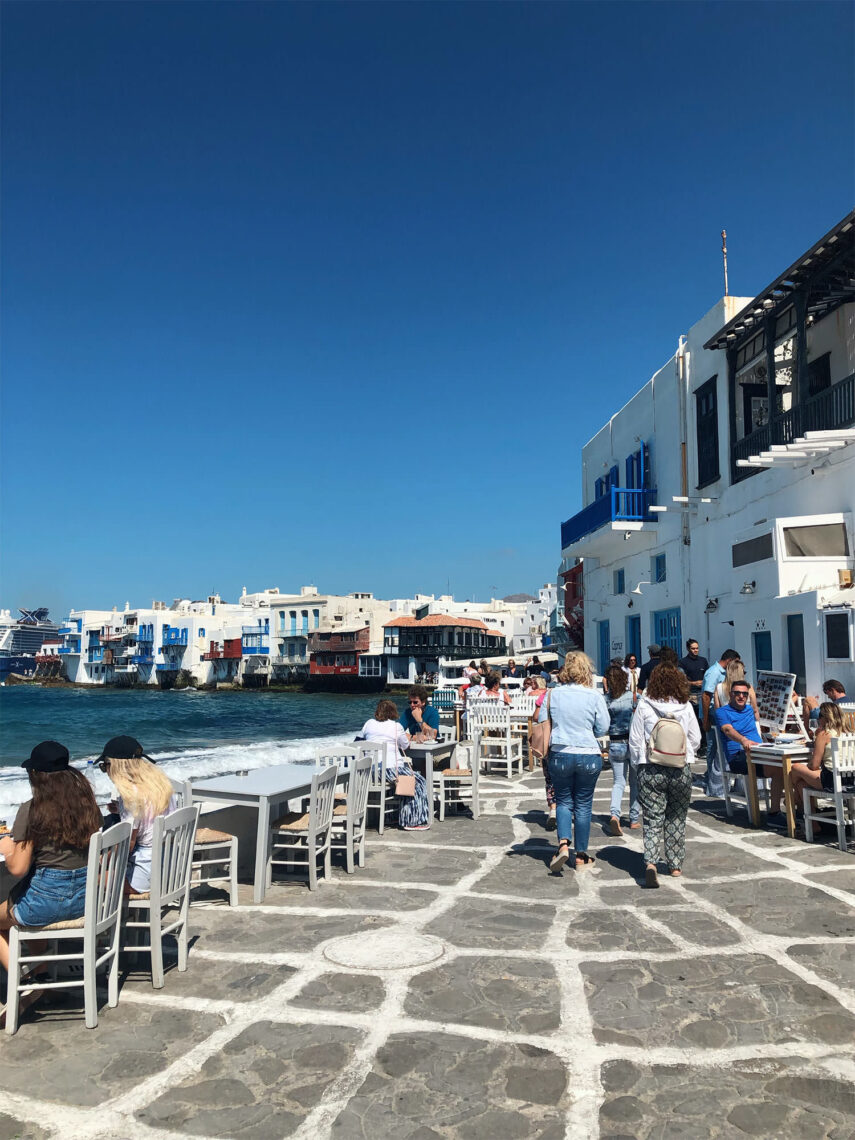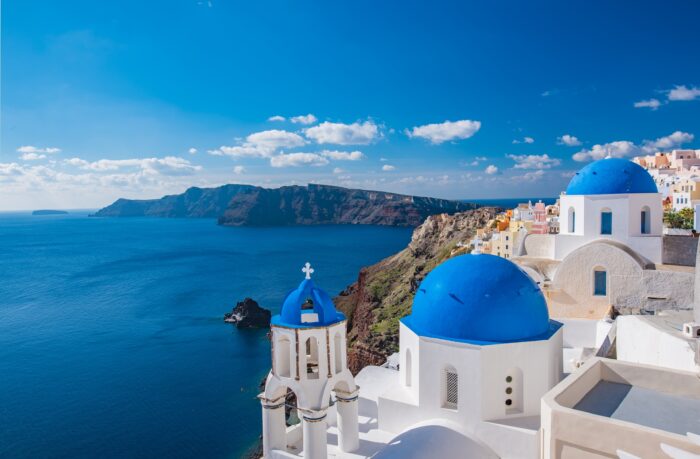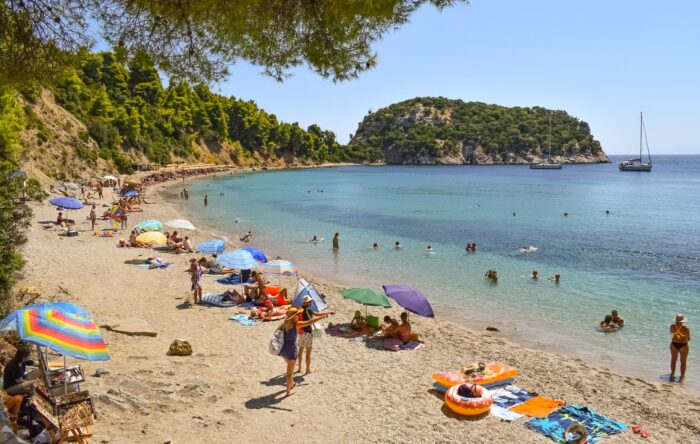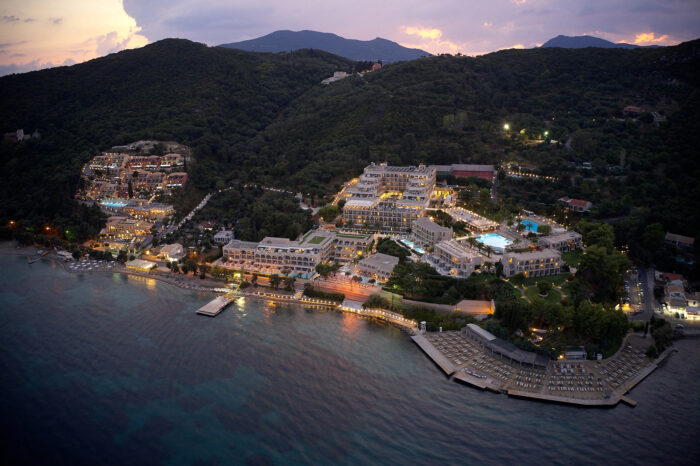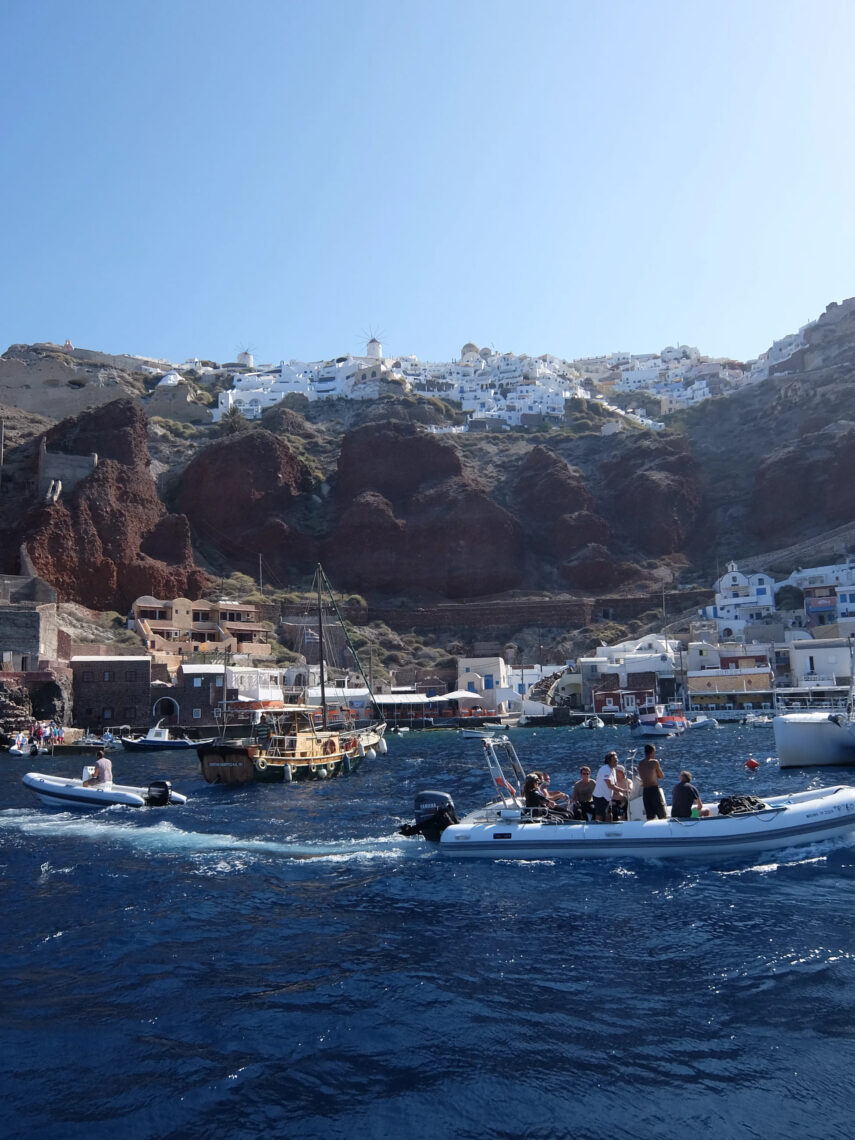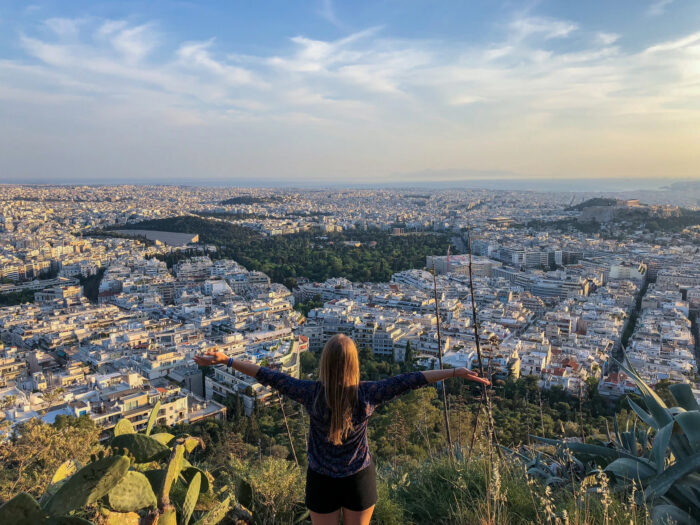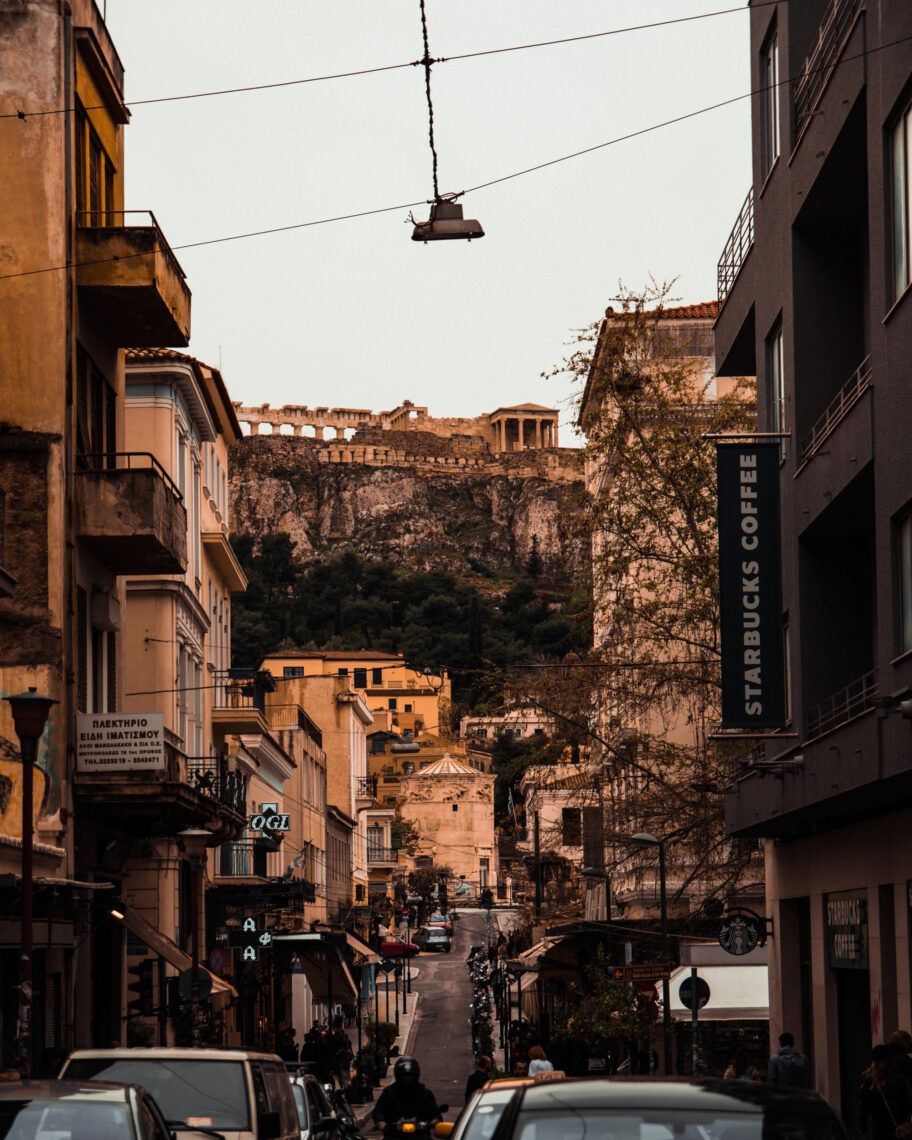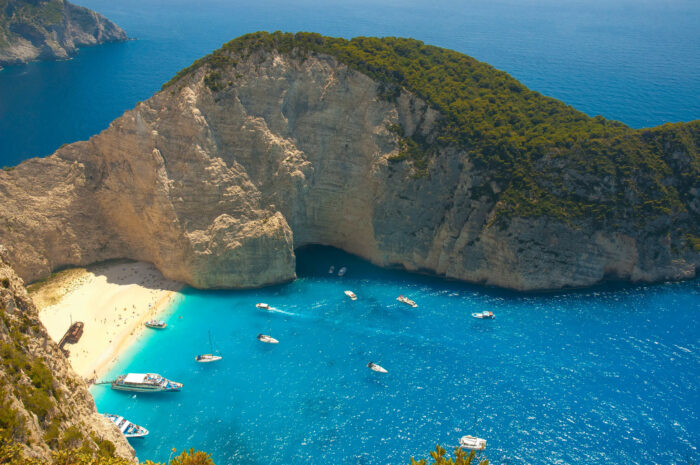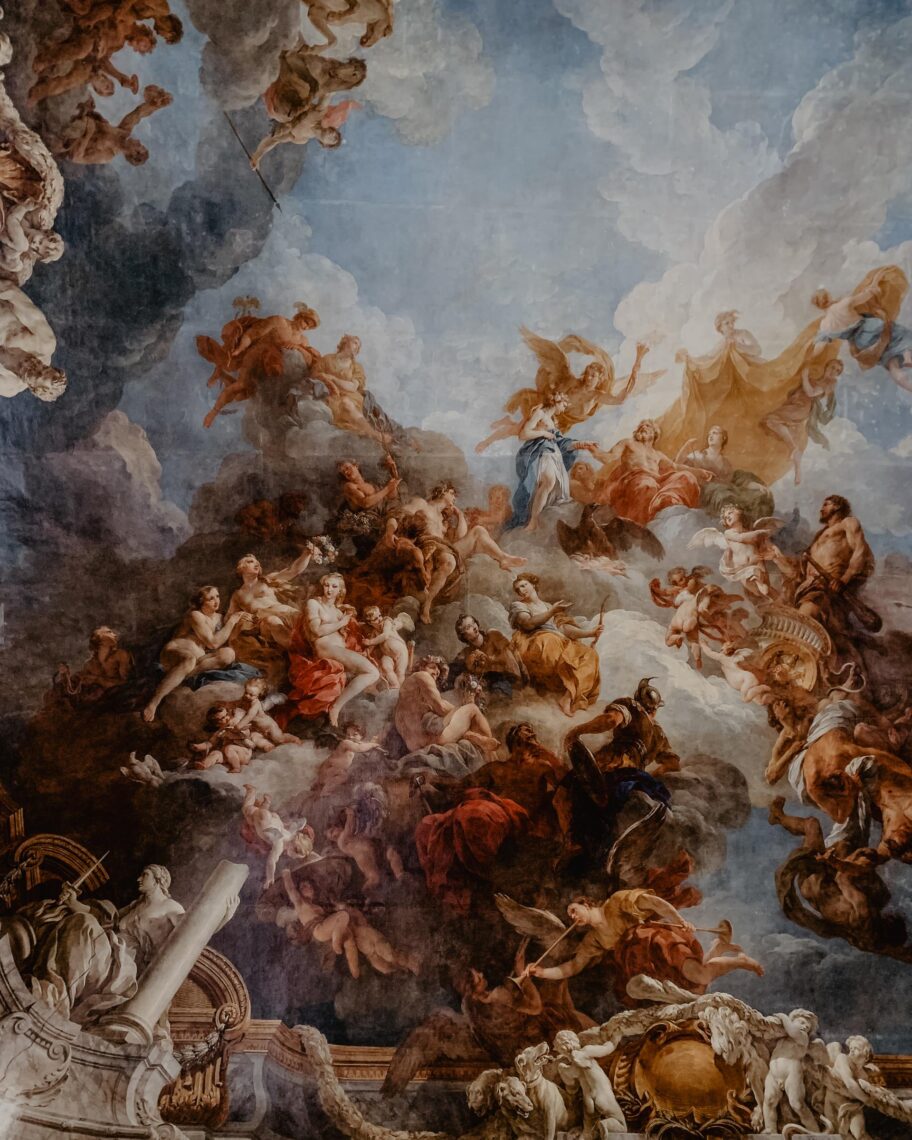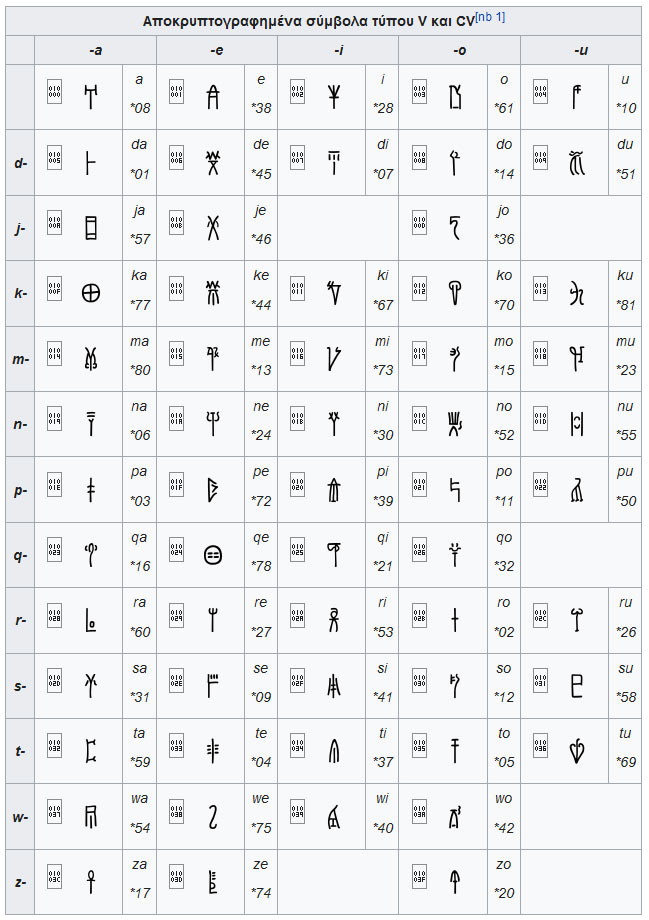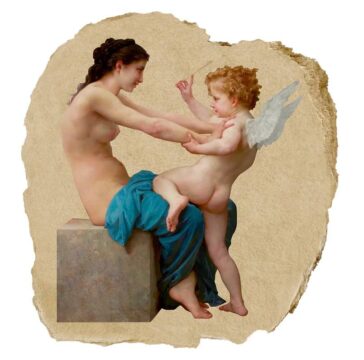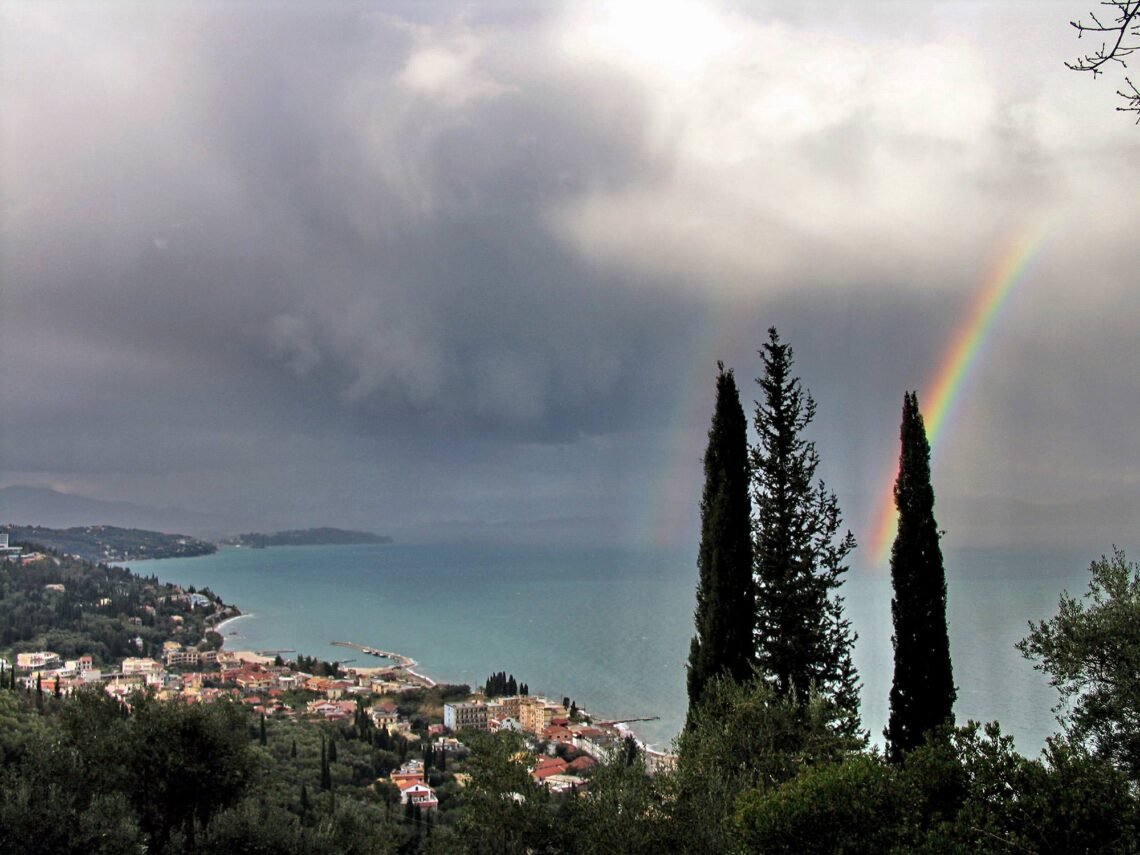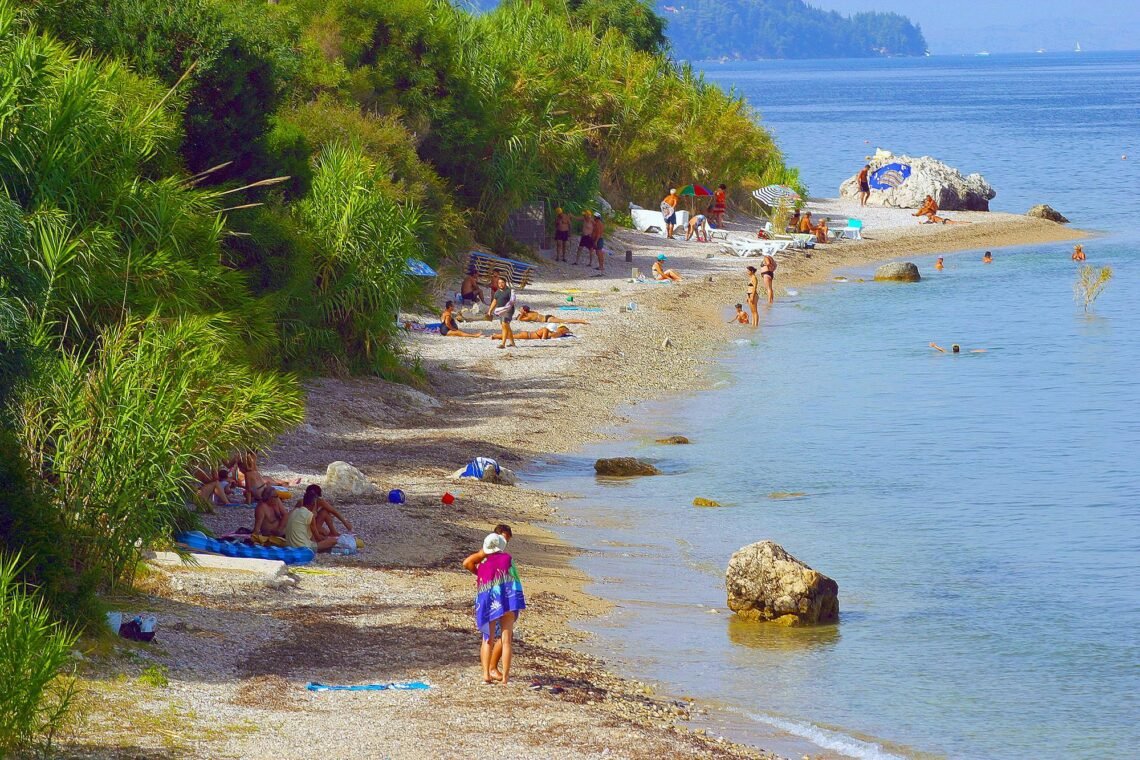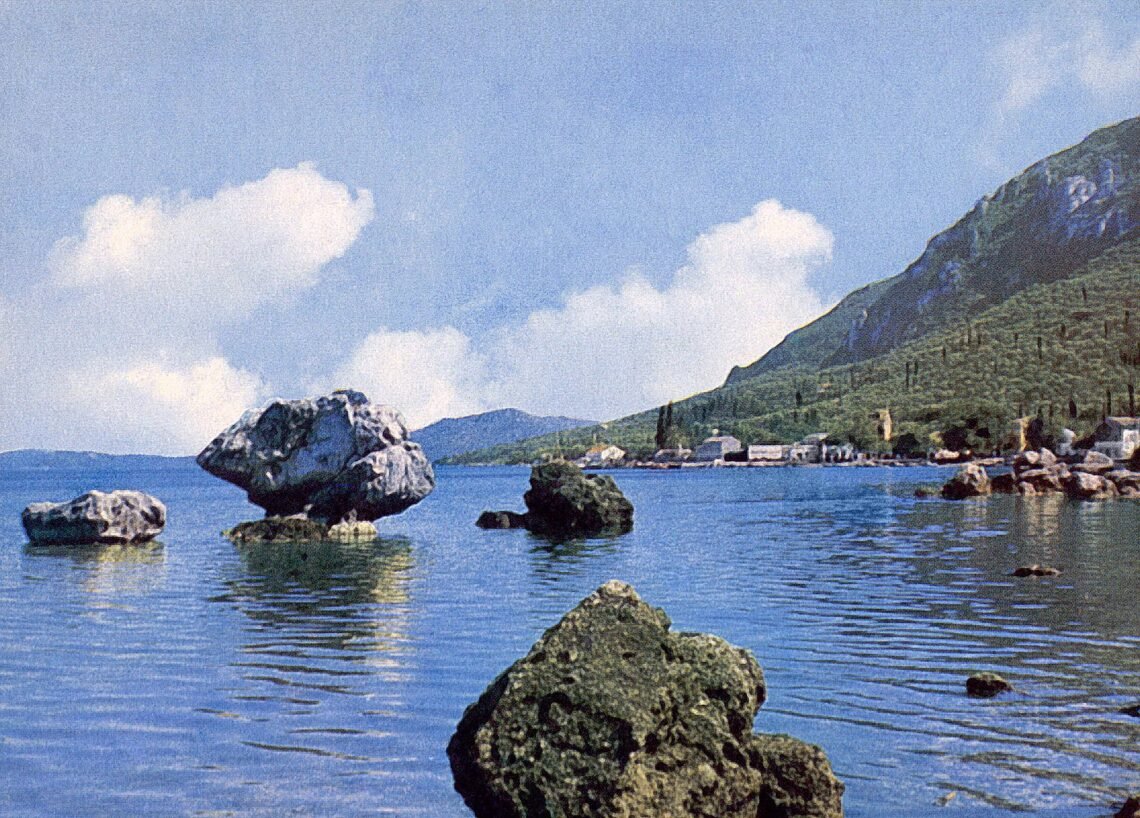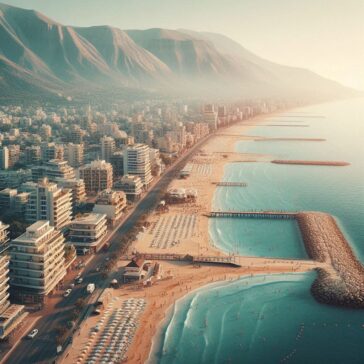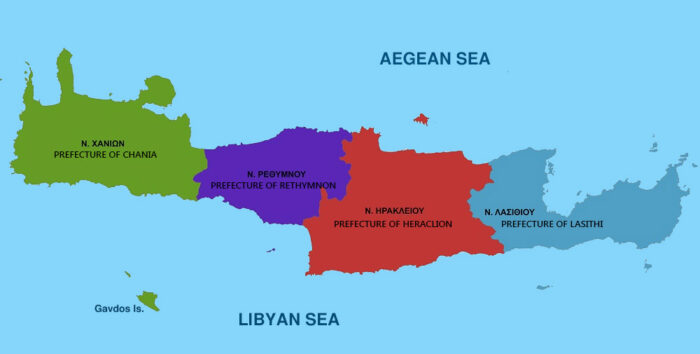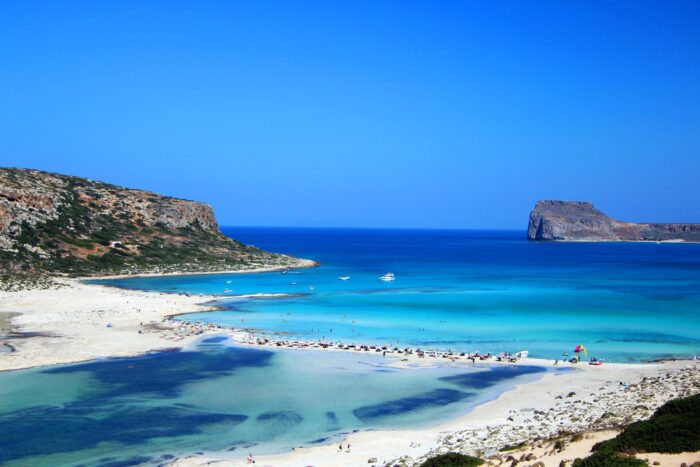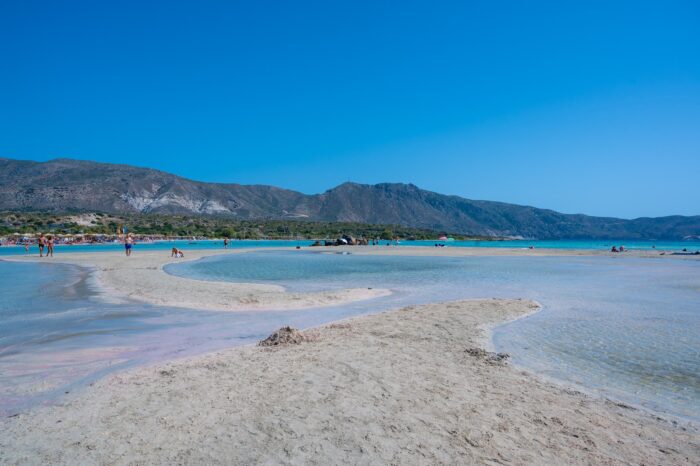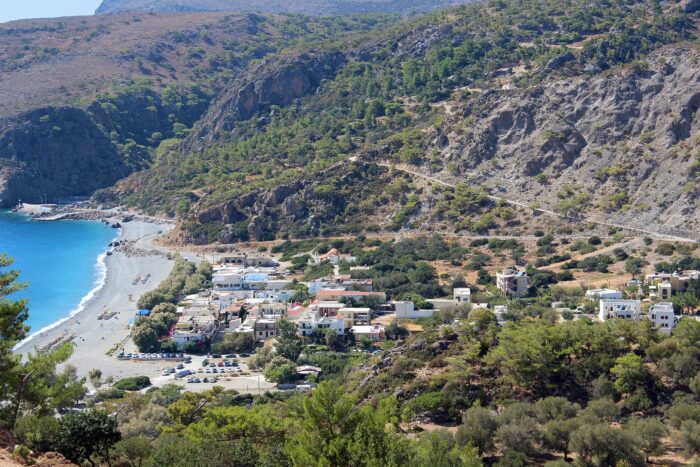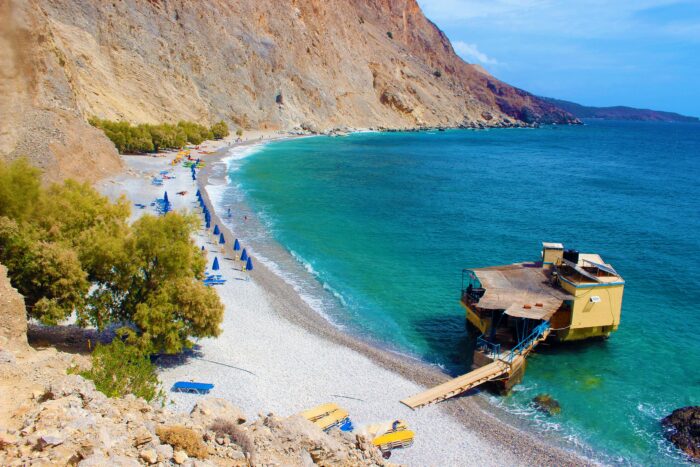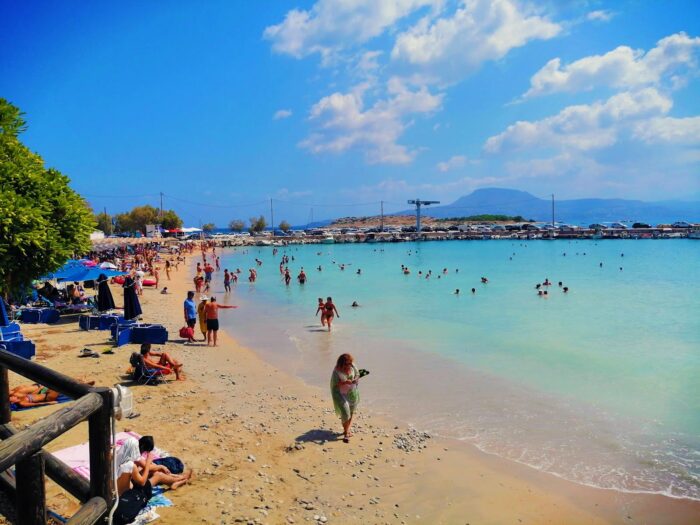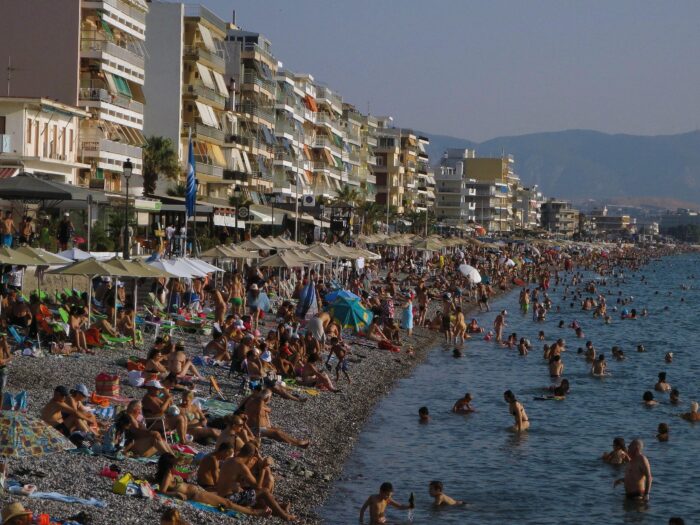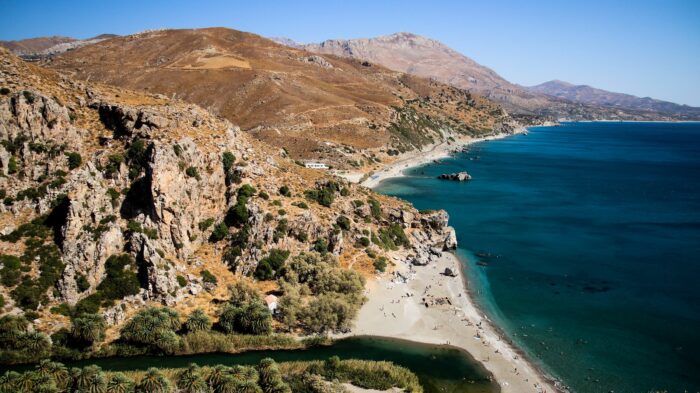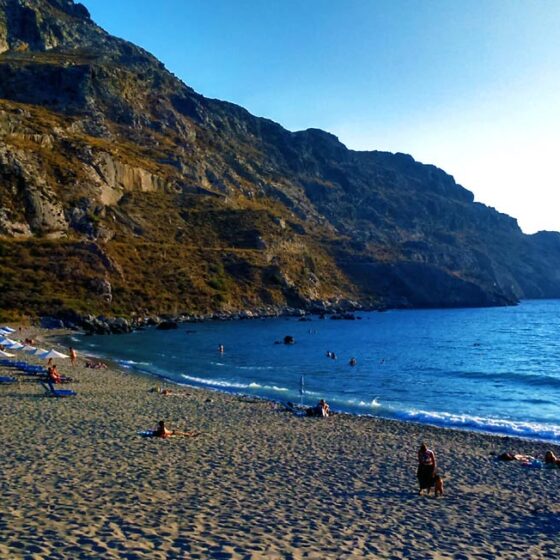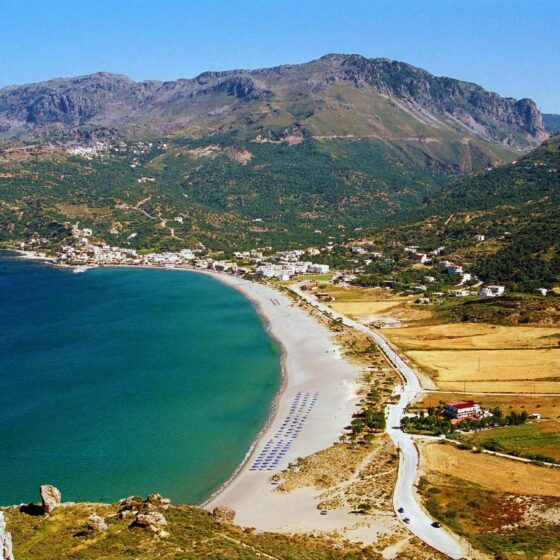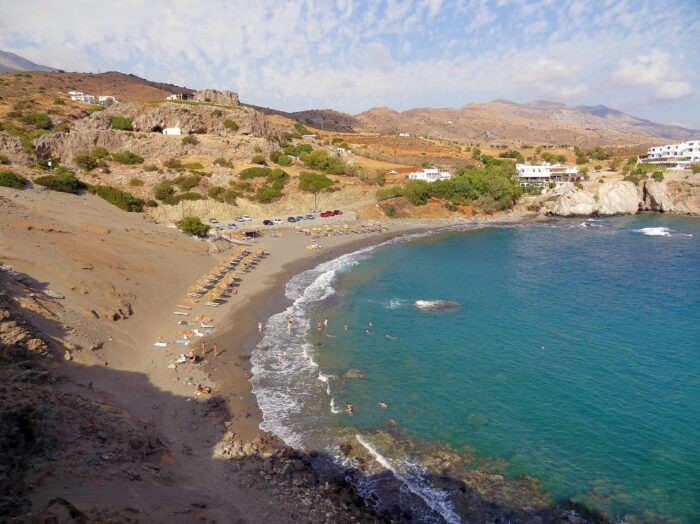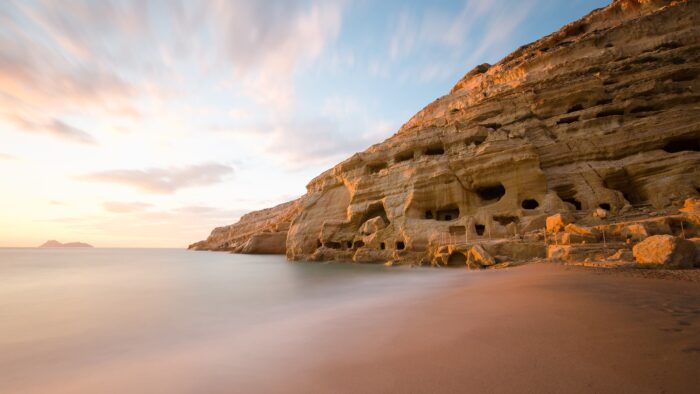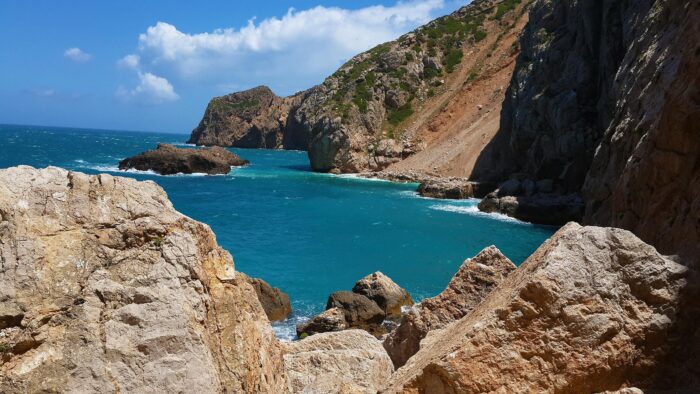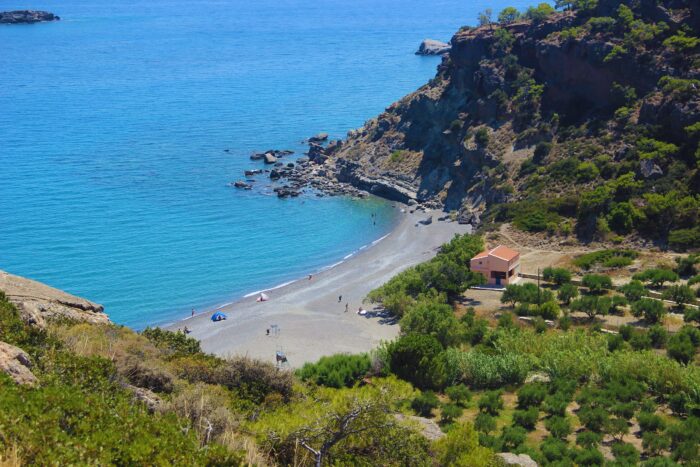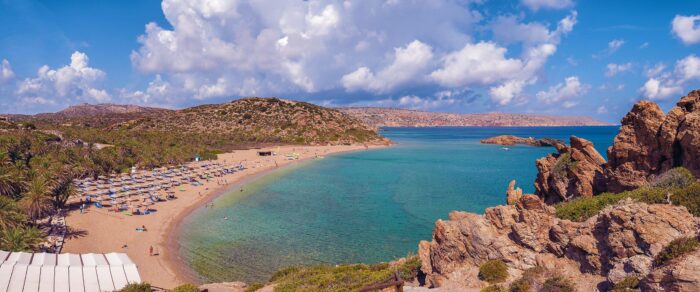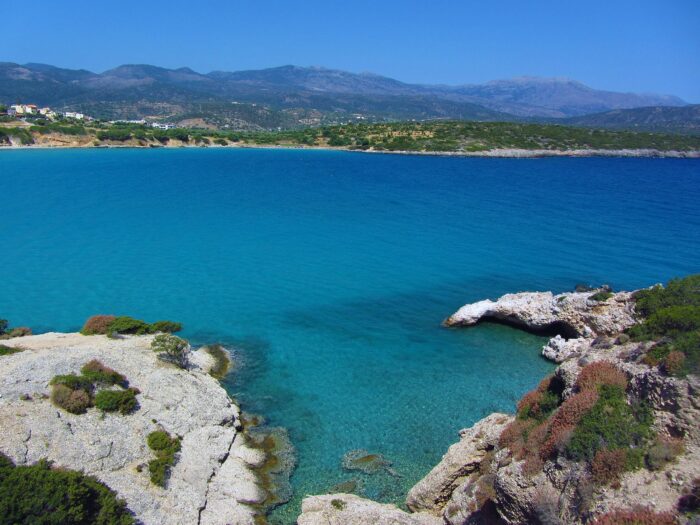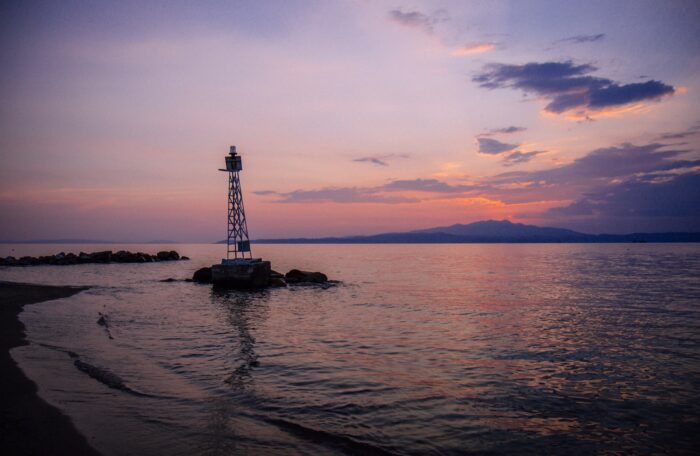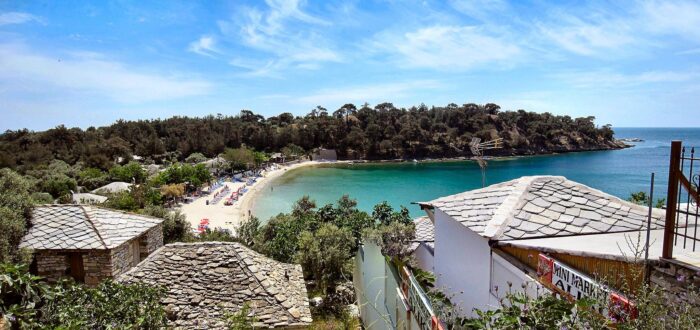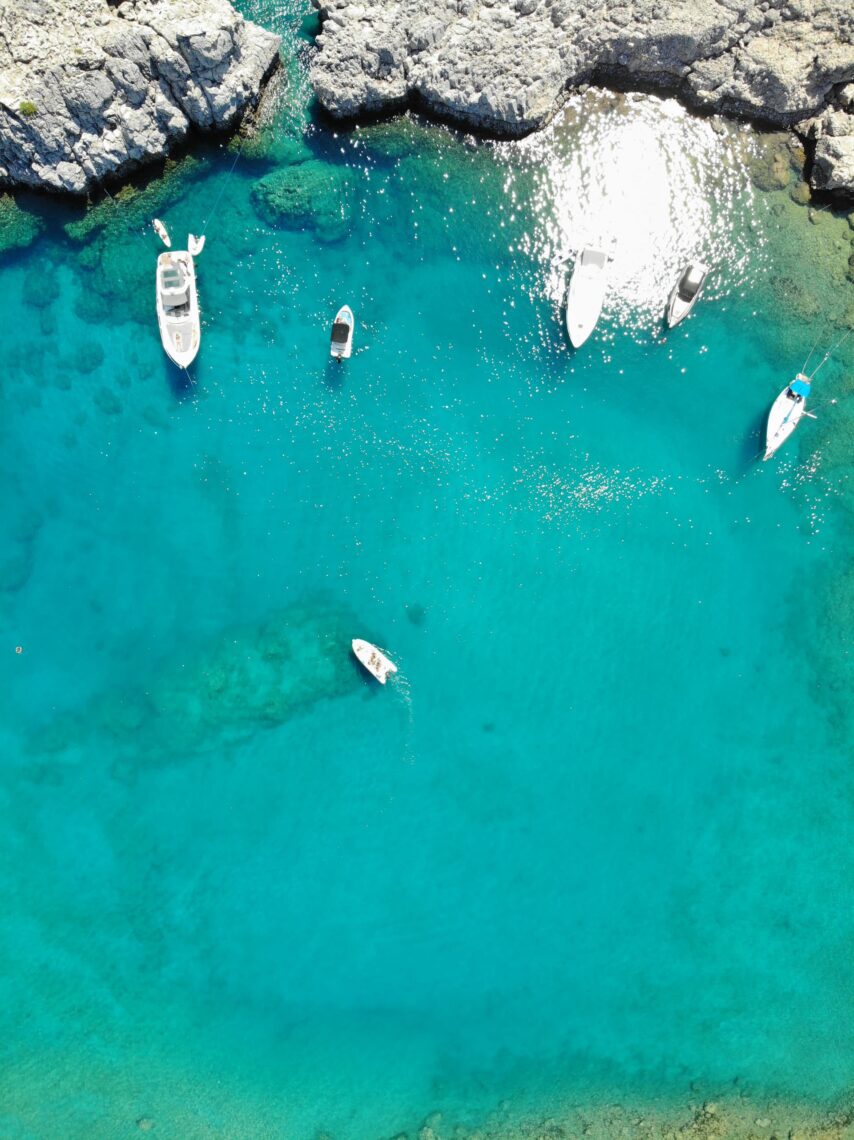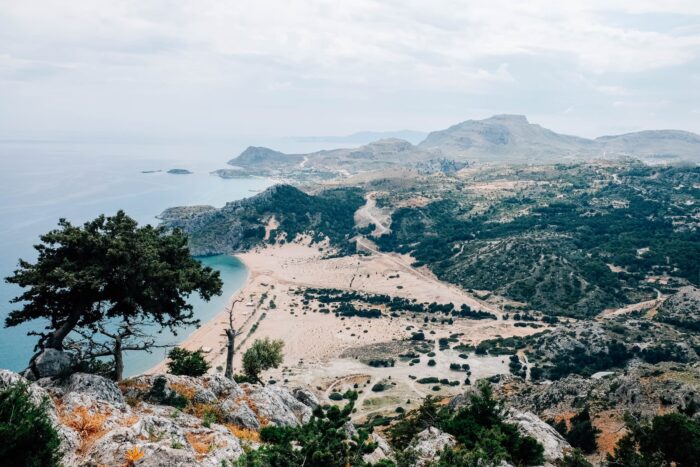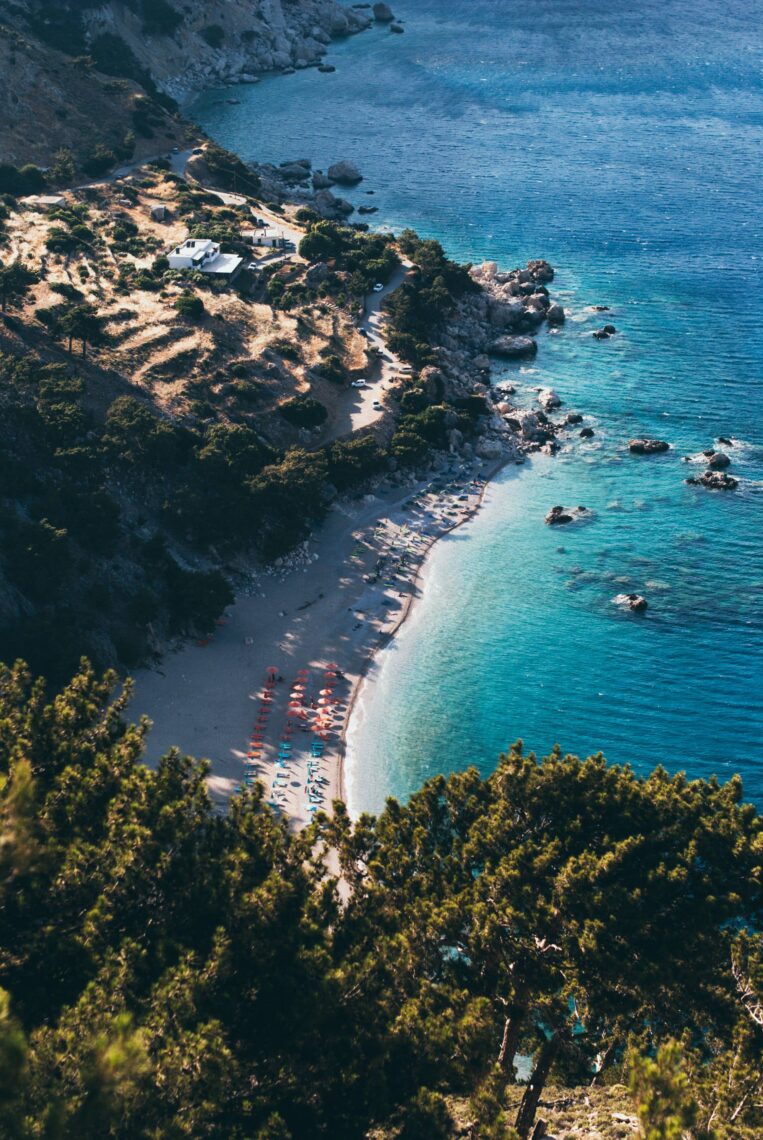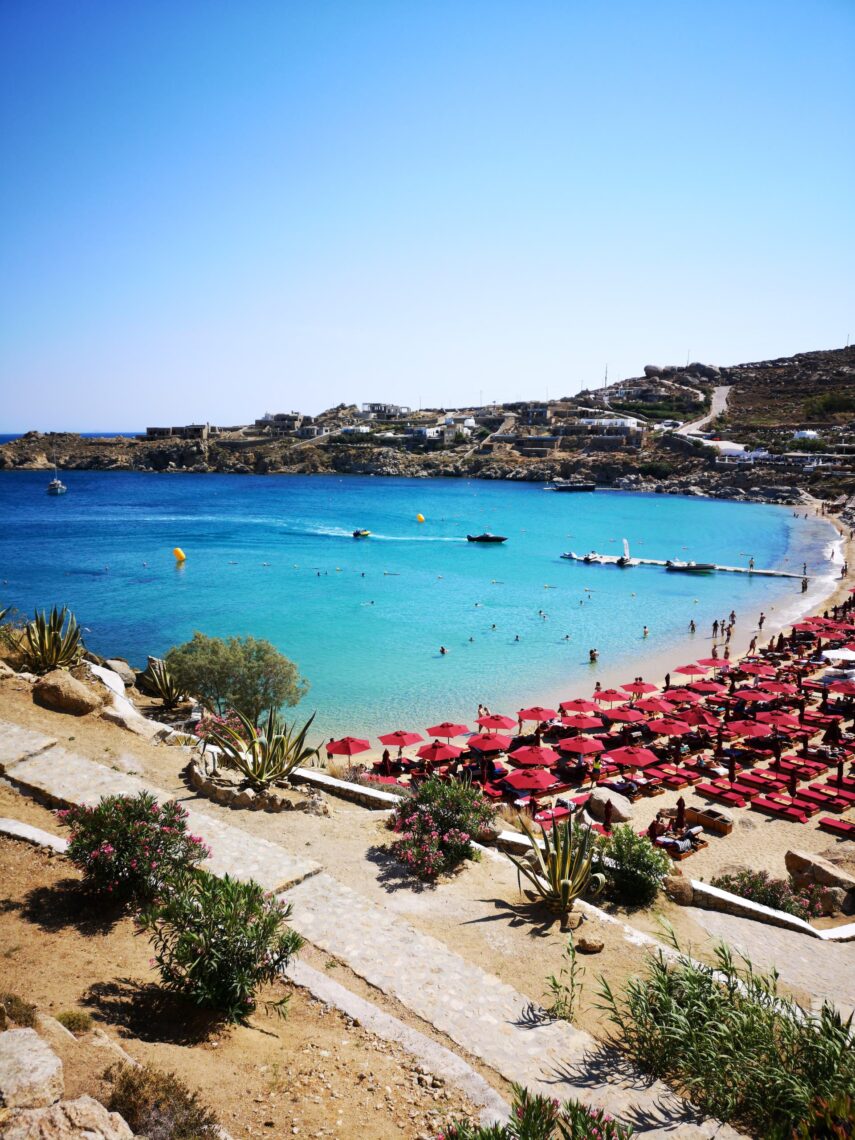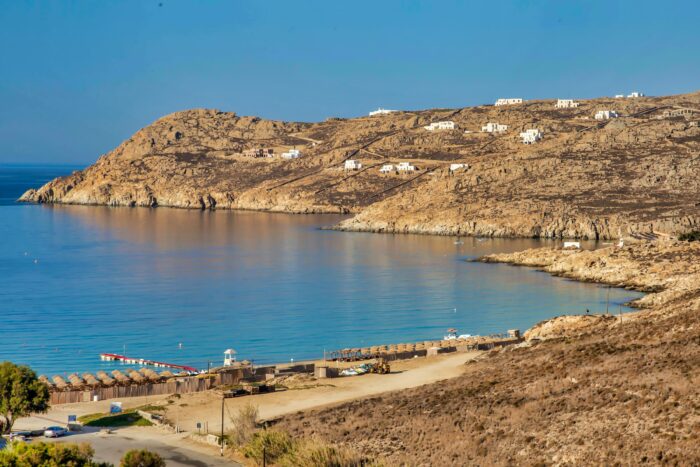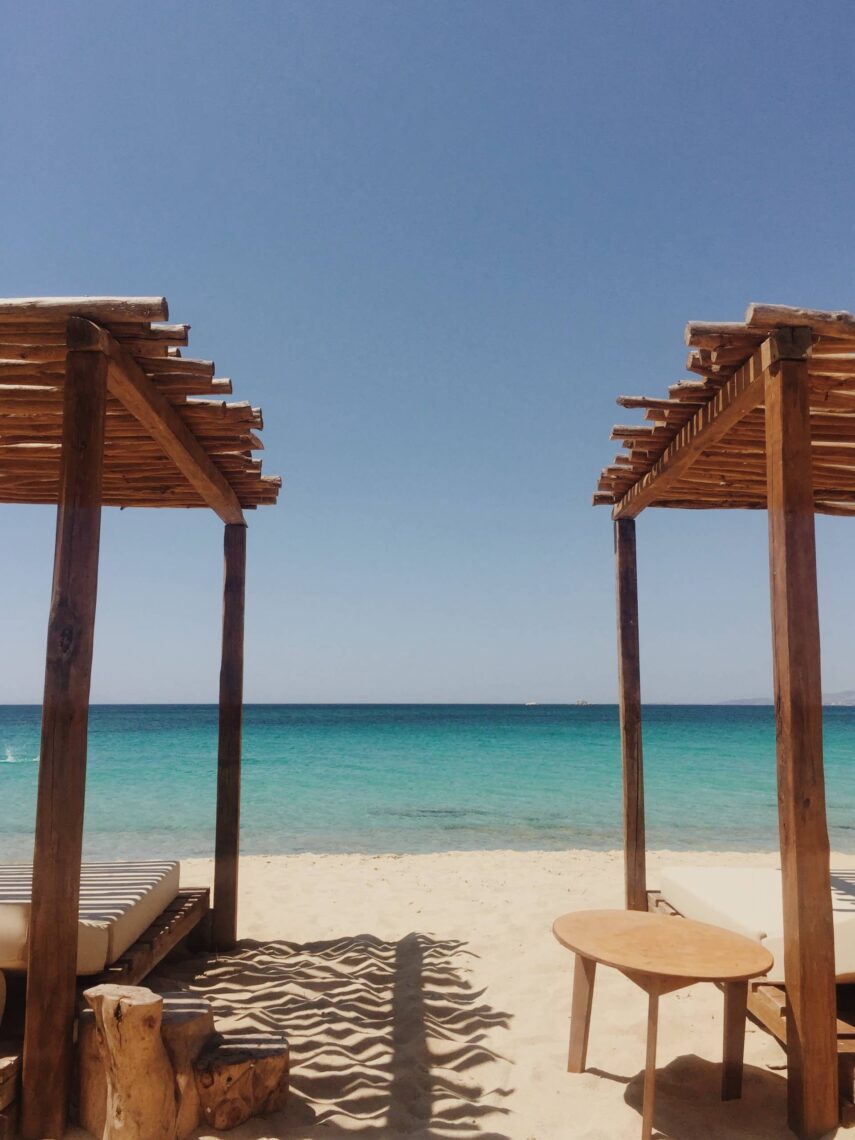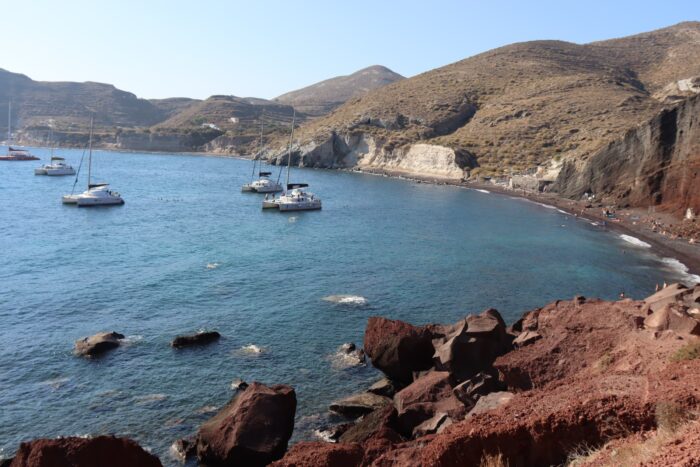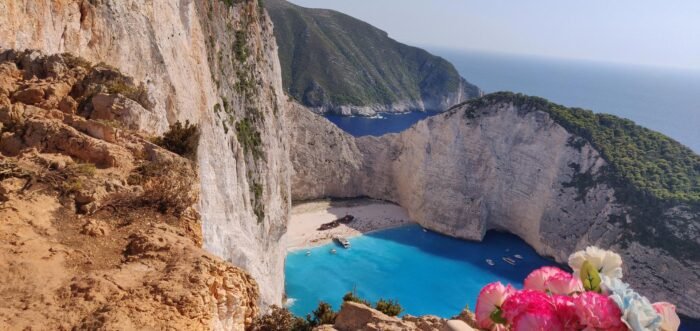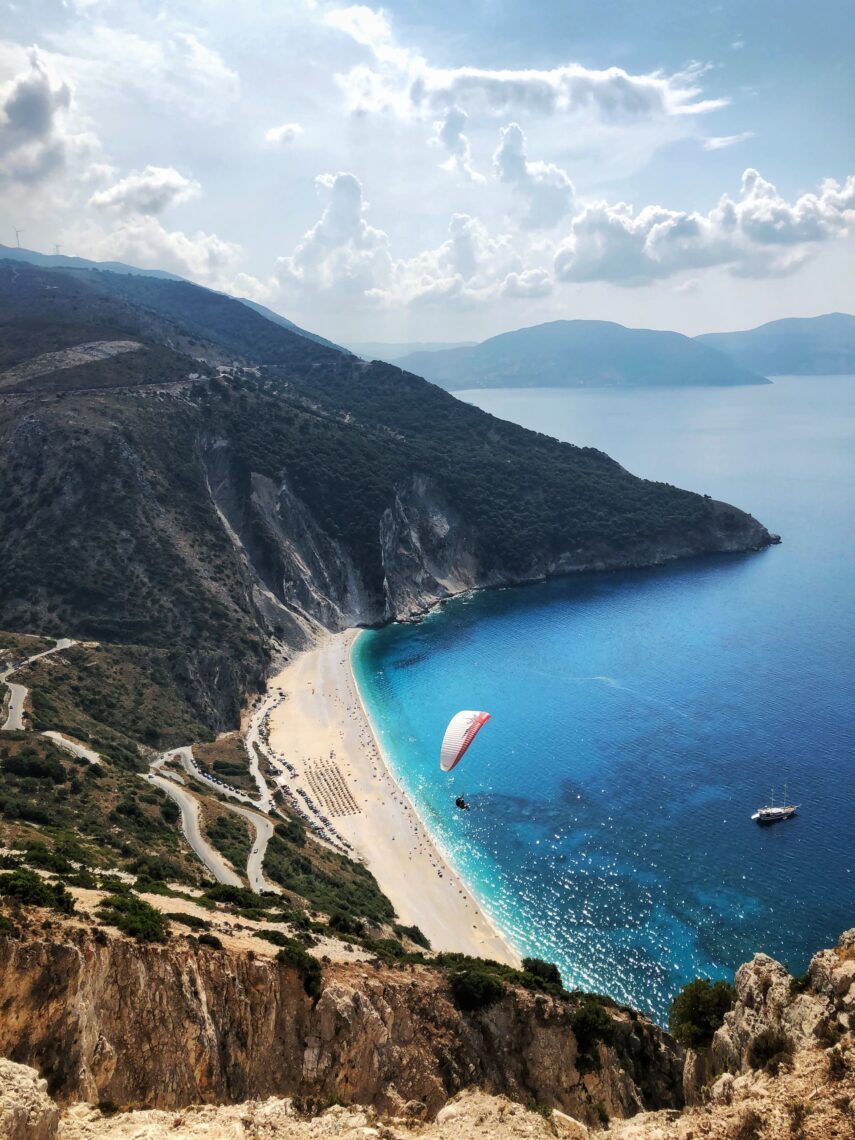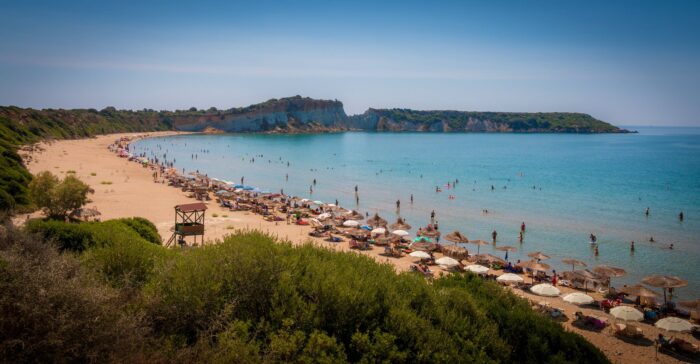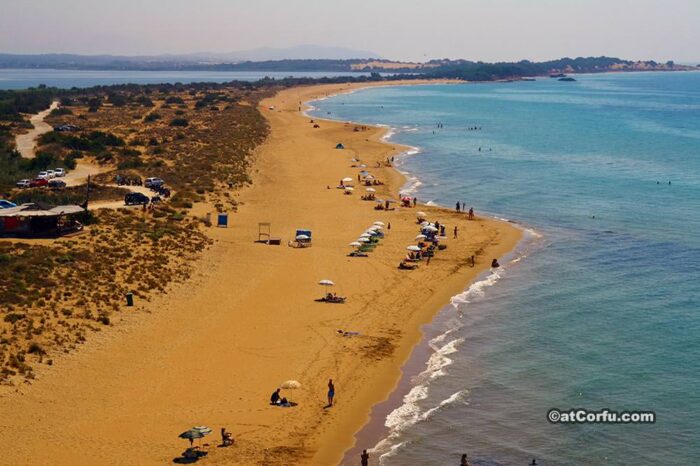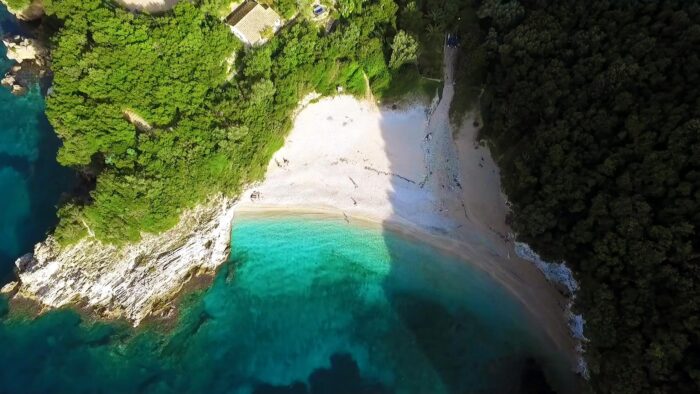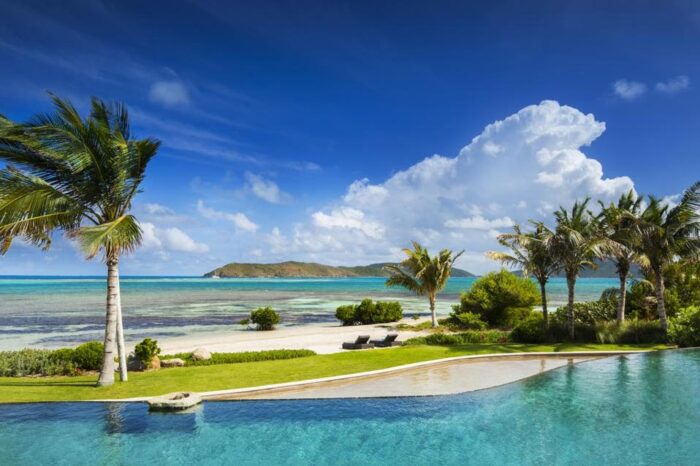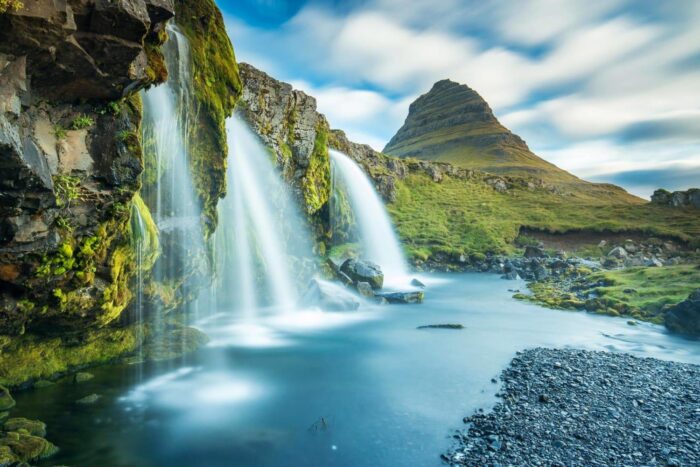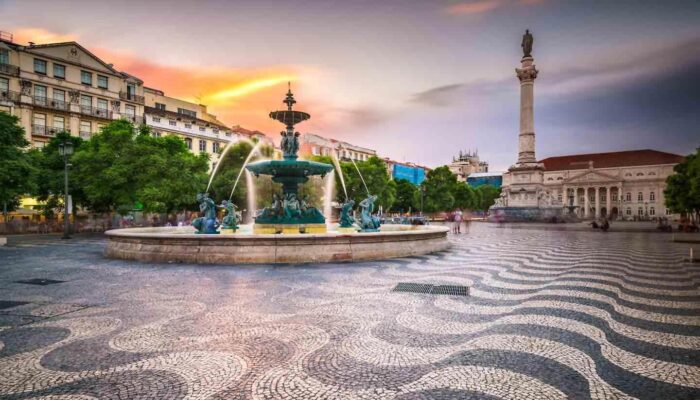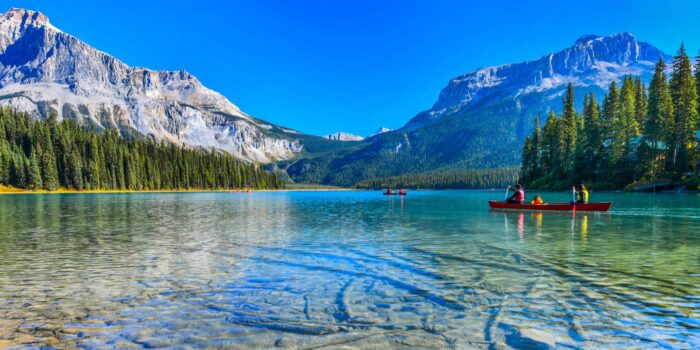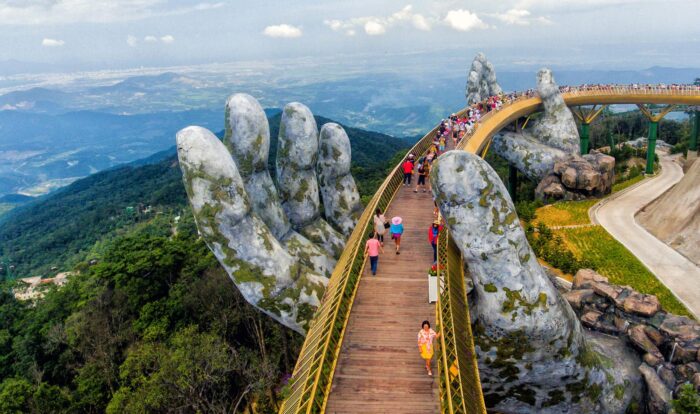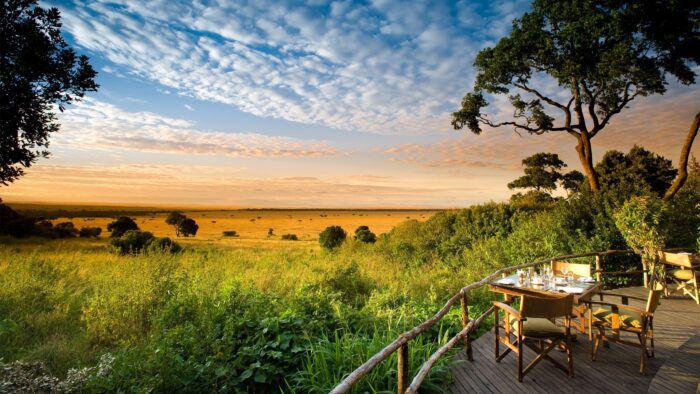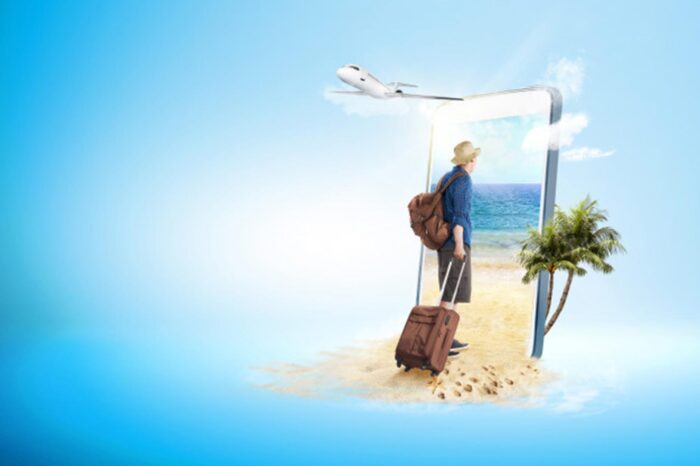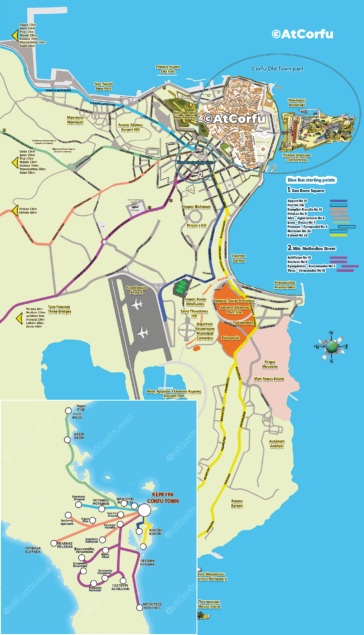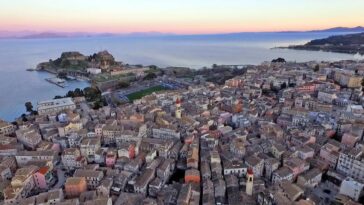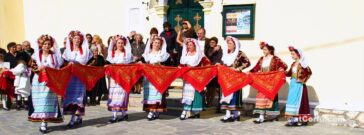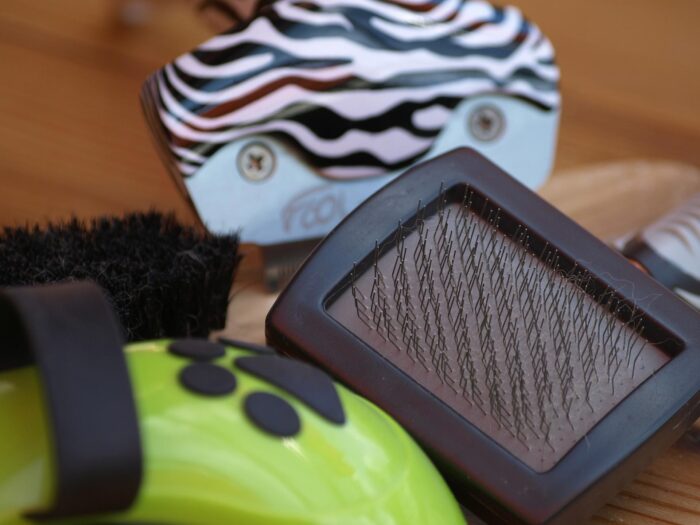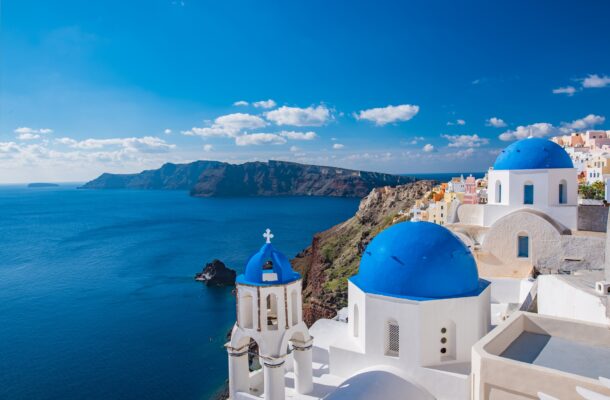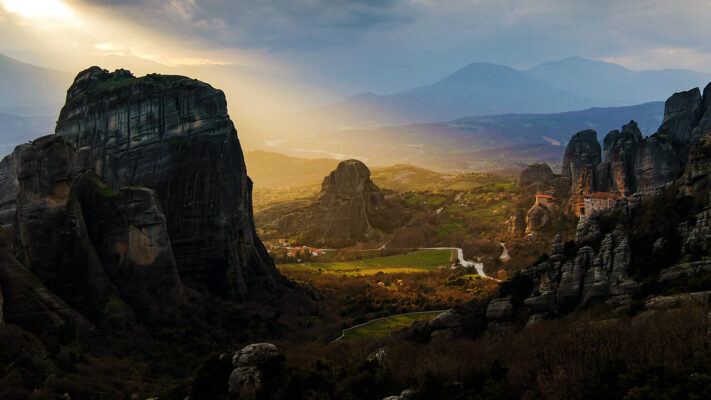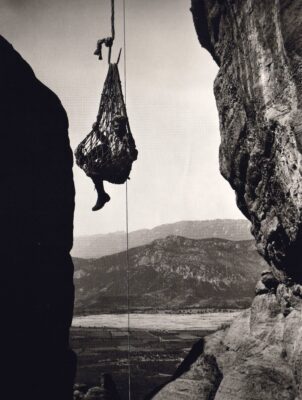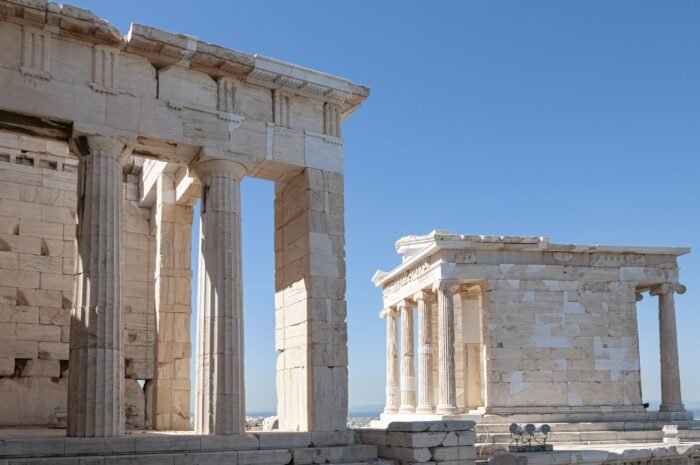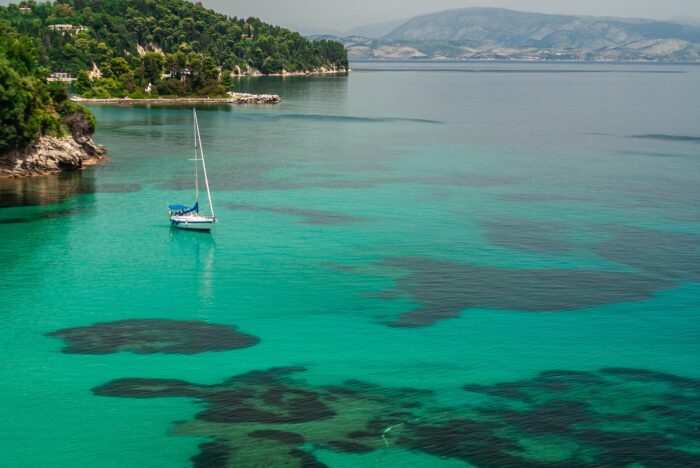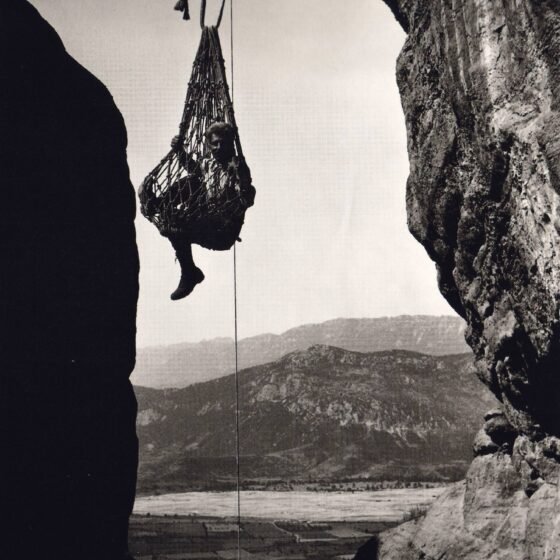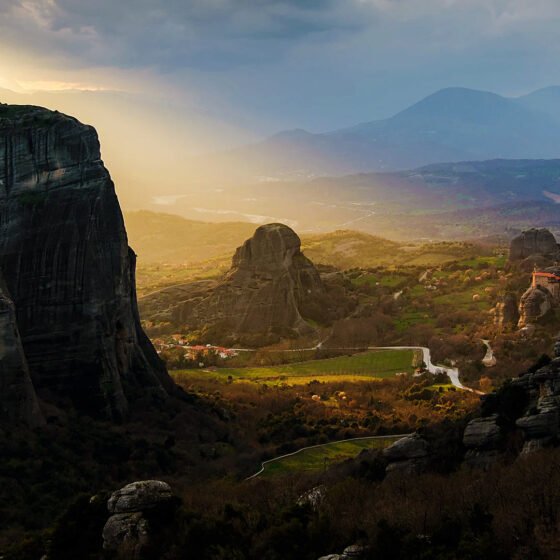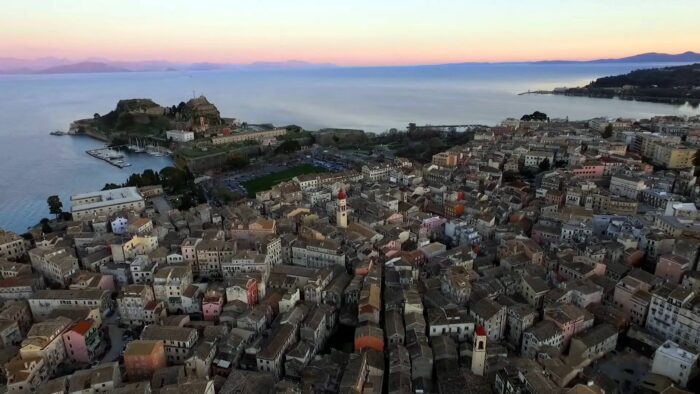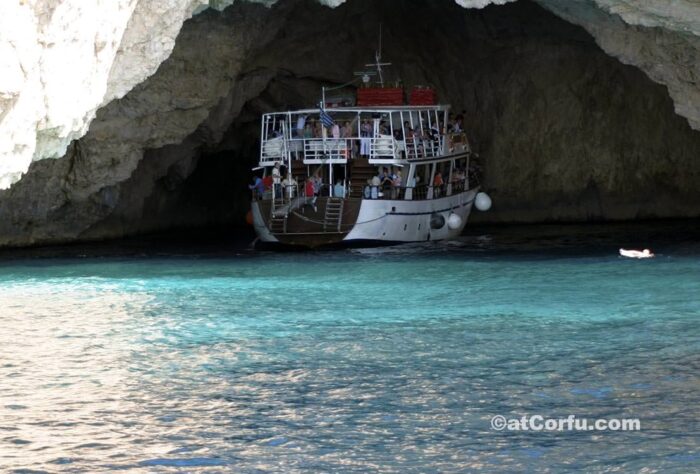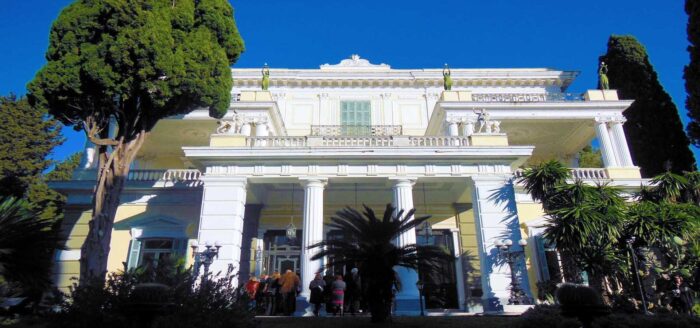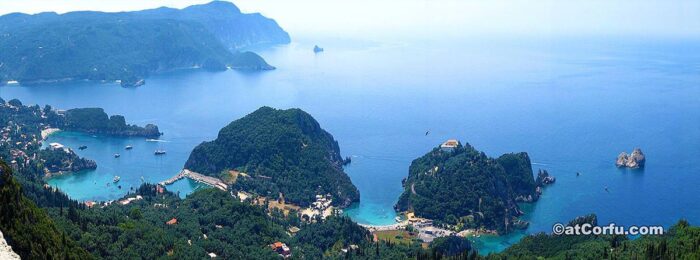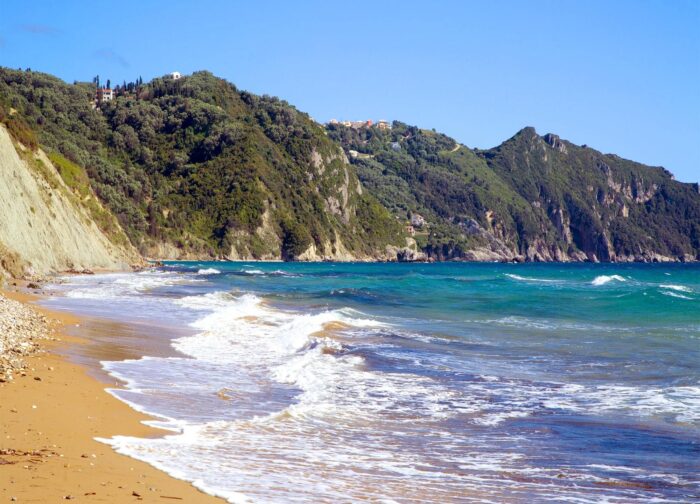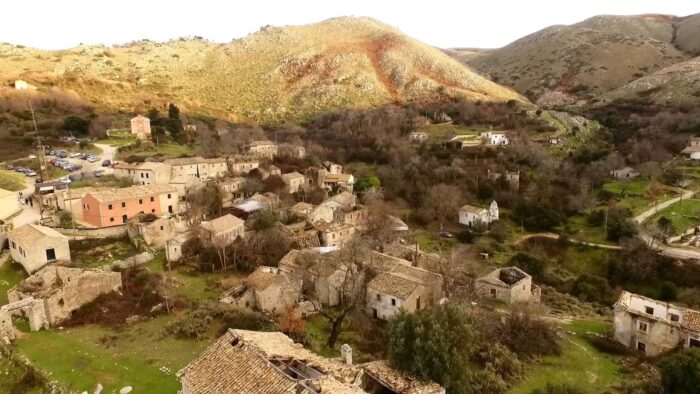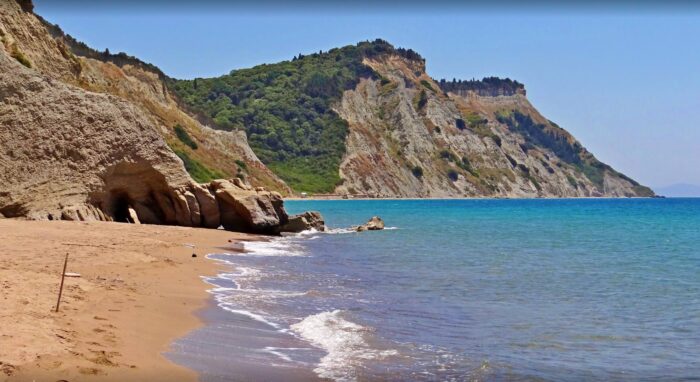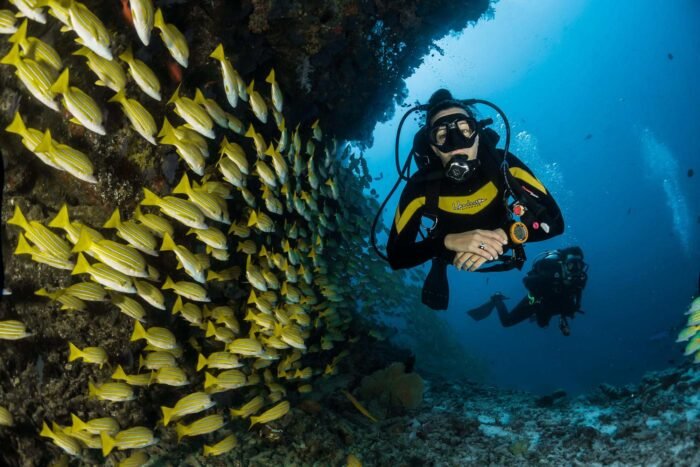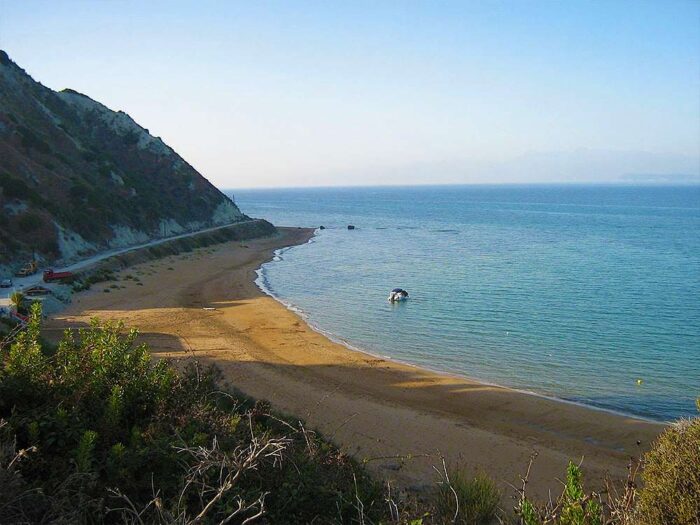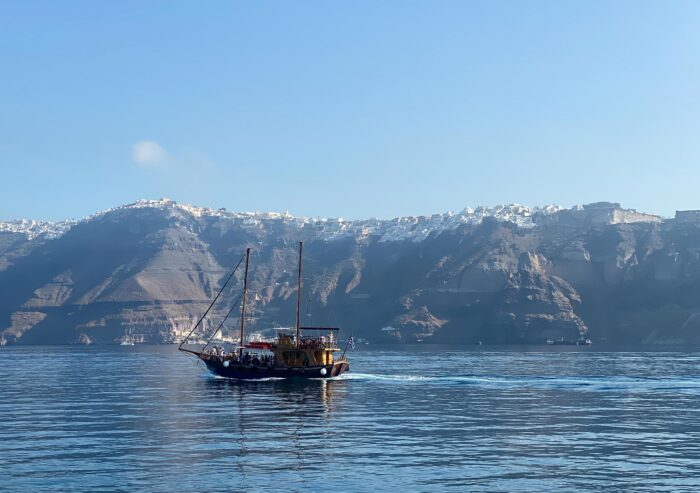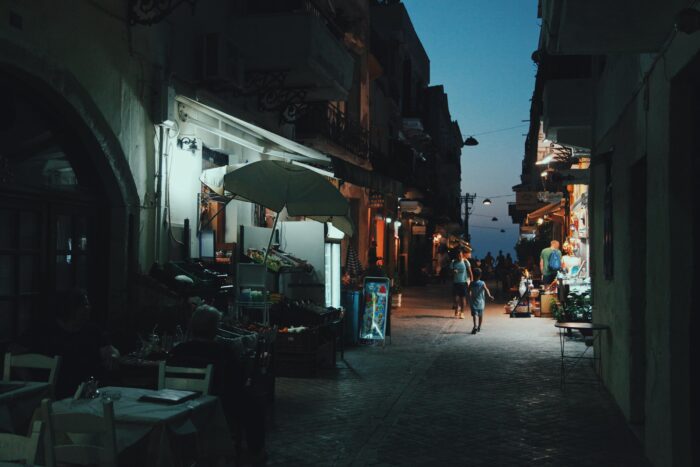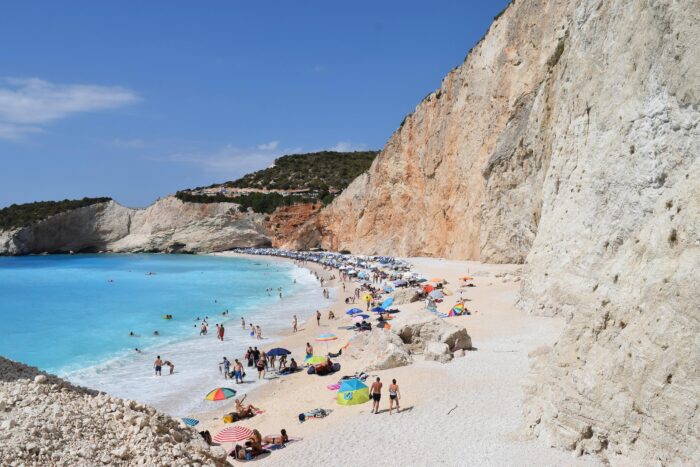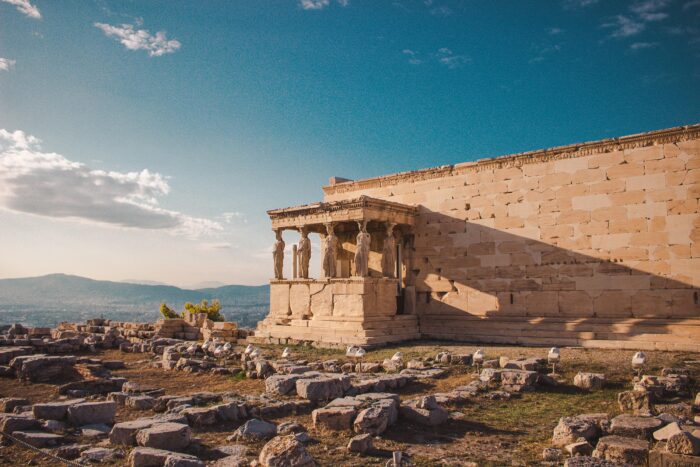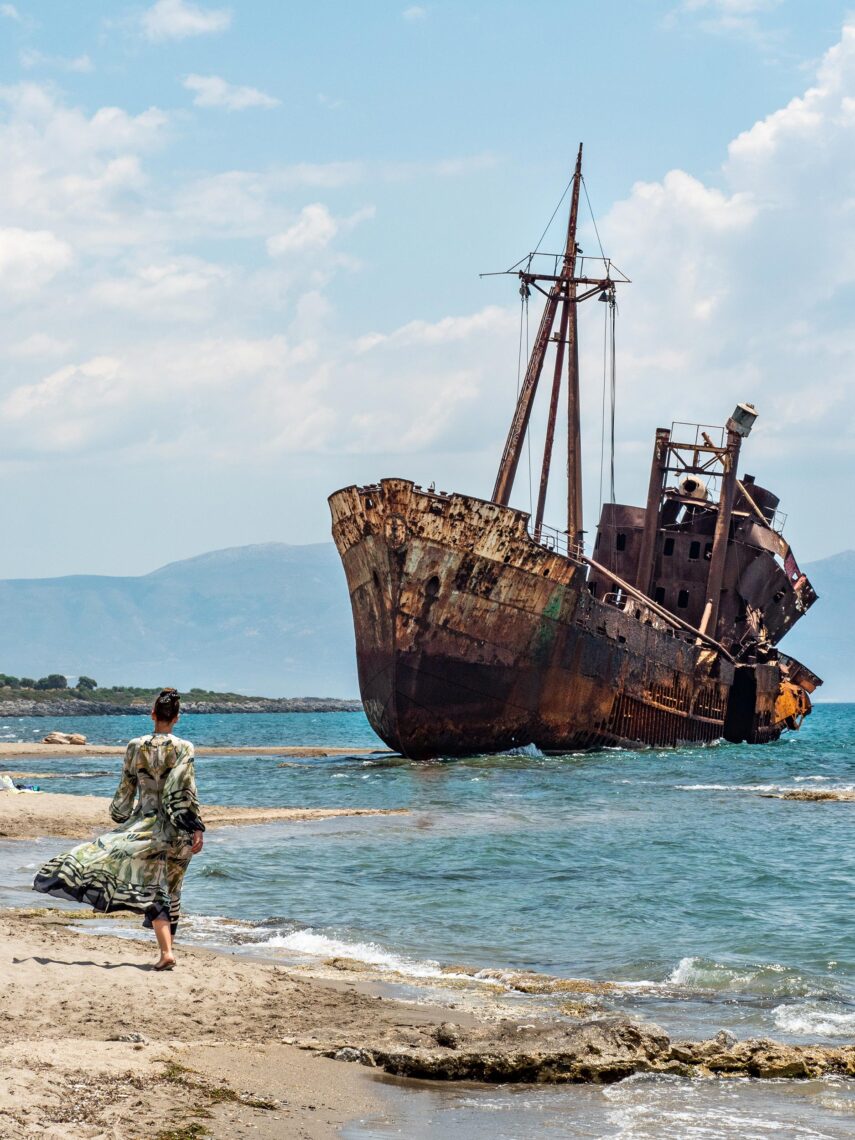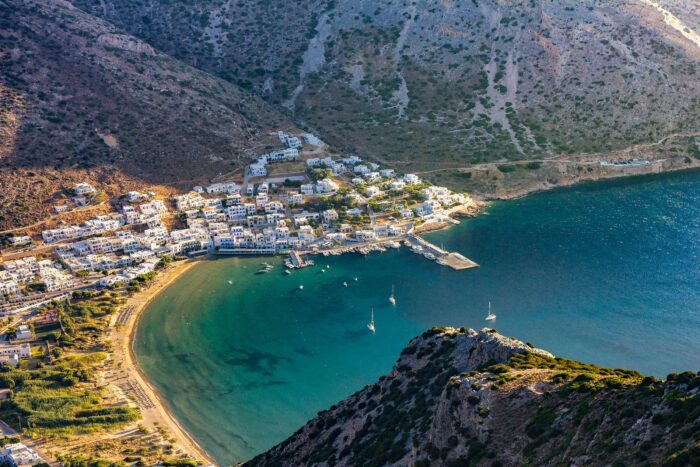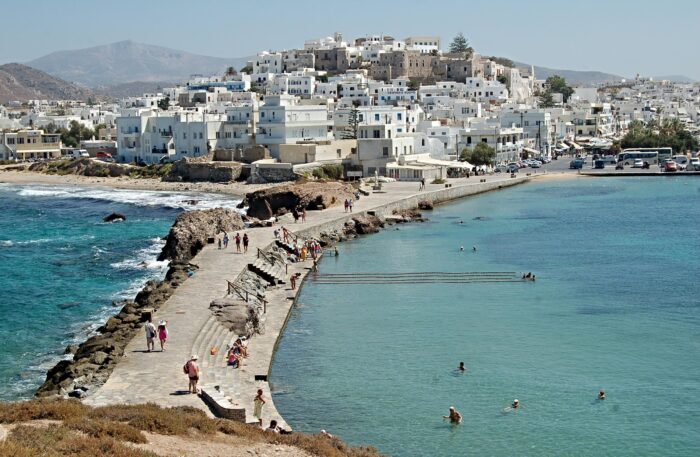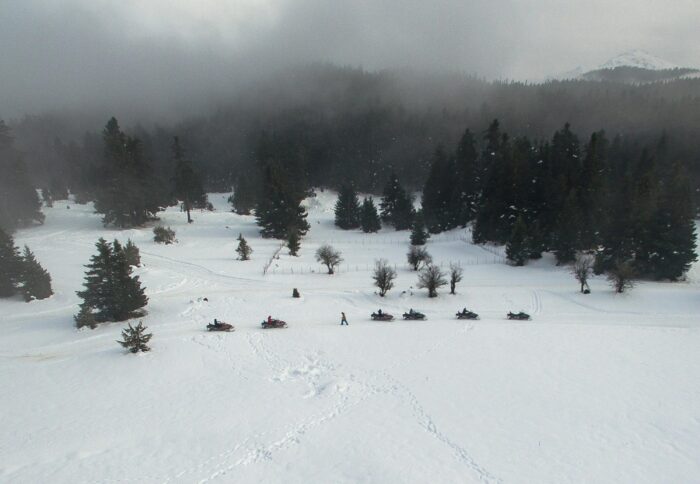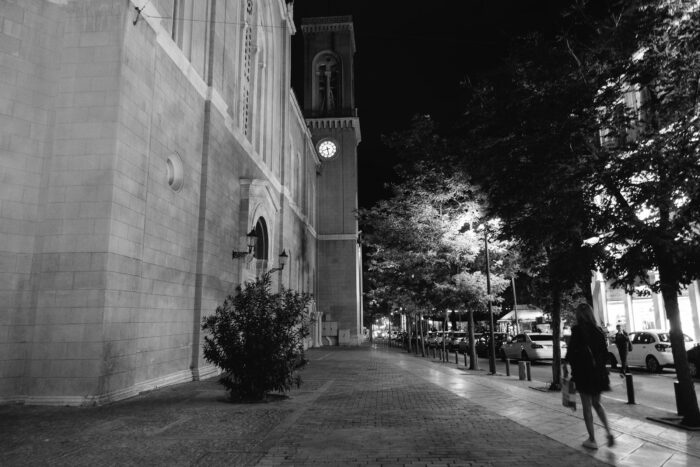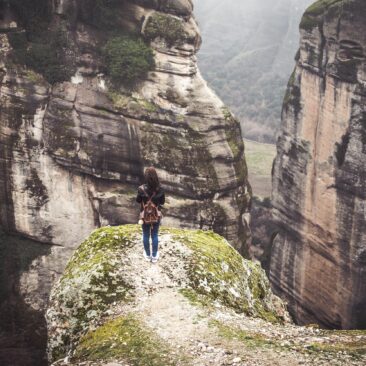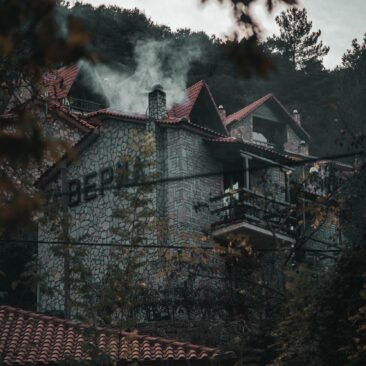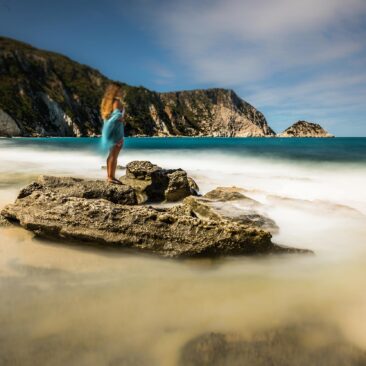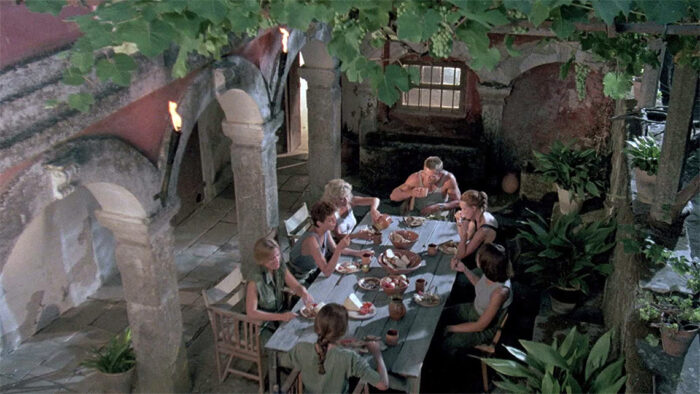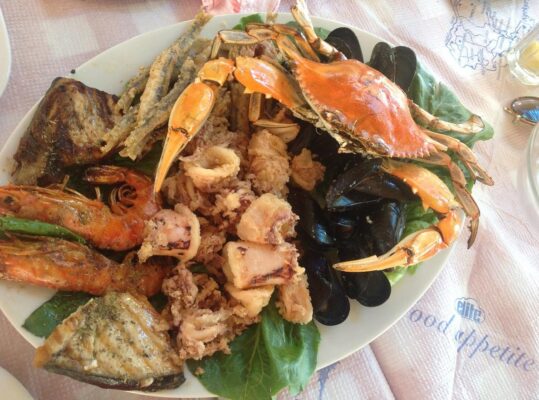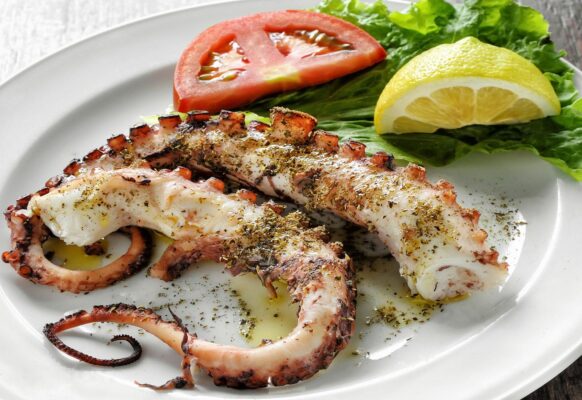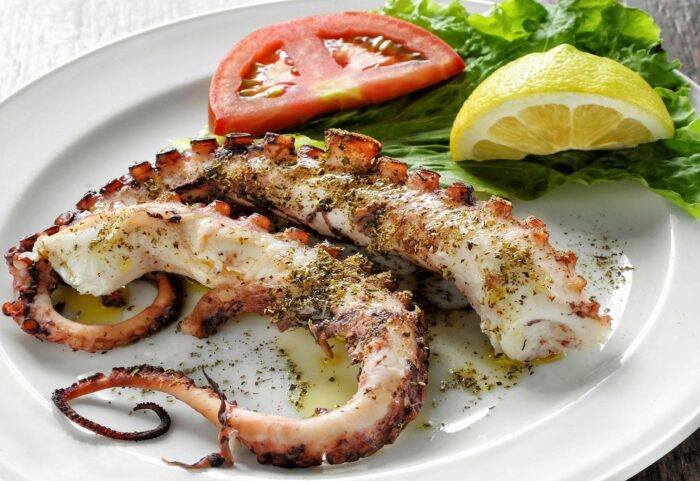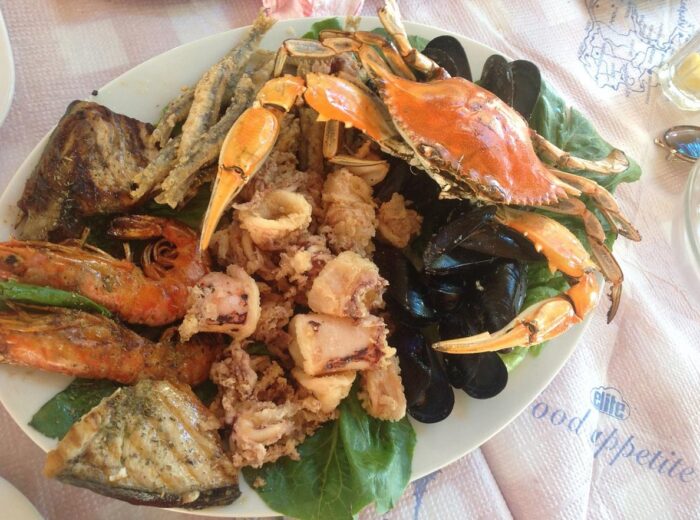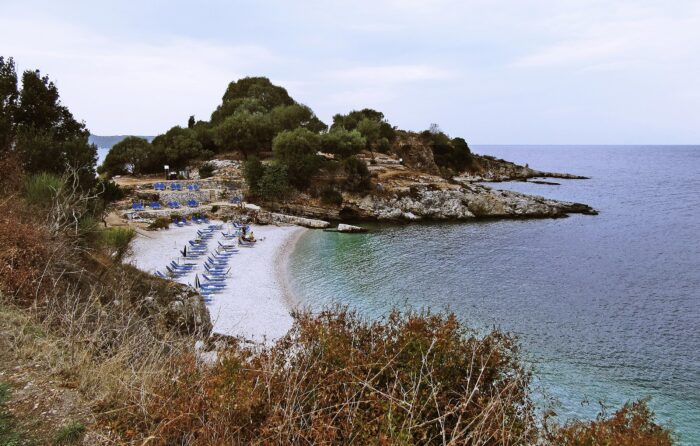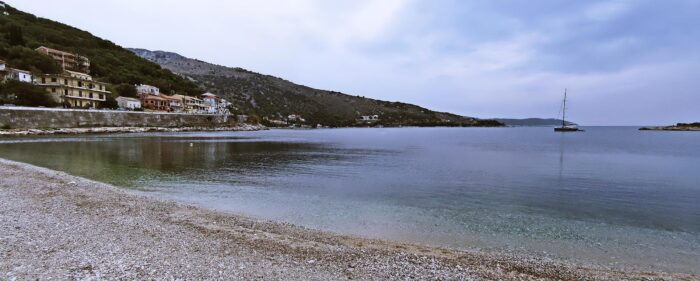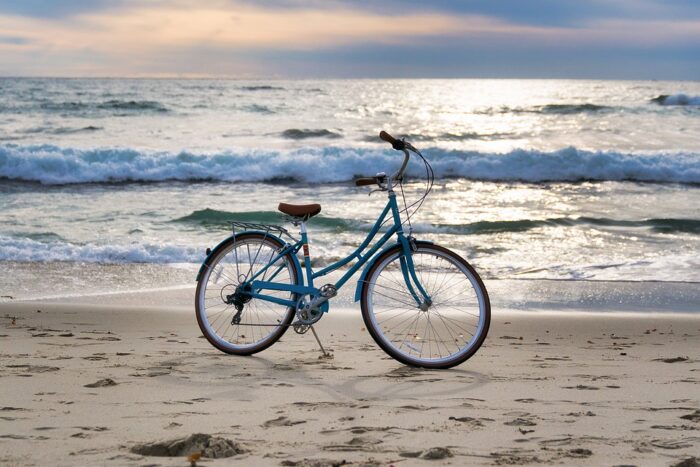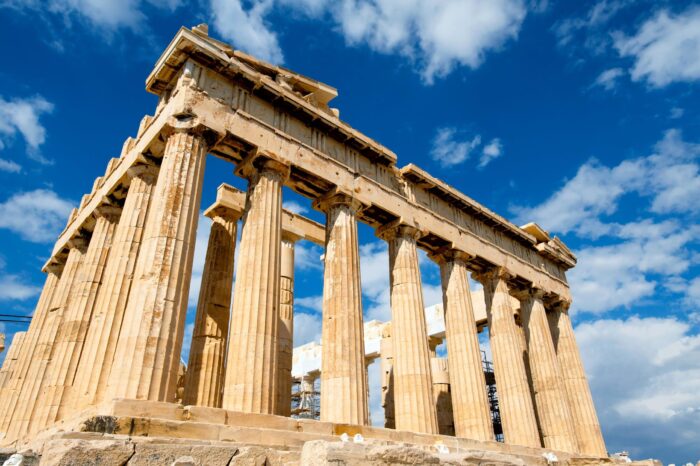Last updated on July 27th, 2024 at 10:32 am

A holiday in Greece isn’t complete without enjoying food made with these seven sauces.
For many years Greece has been a holiday destination for many people and families thanks to its child-friendly beaches, amazing blue waters, and delicious food made with amazing ingredients you cannot find anywhere in the world.
In this article, we’re going to share with you seven condiments Mediterraneans use to spruce up their meals.
The Mediterraneans believe that summer meals aren’t a pleasure without adding a few condiments.
It appears that the addition of these condiments is what keeps them protected and healthy.
Let’s sample the seven sauces that bring Greek taste even to your home.
1. Yogurt tahini sauce
Tahini is a delicious sauce much like tzatziki although tzatziki is made from toasted and ground sesame seeds. The seeds are sometimes roasted or used raw.
Often, tahini is used to make dressings, snack bites, etc.
Tahini is the favorite condiment in most foods due to its delicate roasted sesame flavor and versatility.
The Mediterraneans use it to spruce up roasted eggplant and bell peppers.
Tahini is also the foundation of most Israeli sweets, cookies, etc.
Besides, the Mediterraneans are also experimenting with combining this delicious sauce with other ingredients.
Below, we’re going to share with you an Israeli recipe involving a mix of tahini and yogurt to make a light sauce.
The sauce can also spruce up baked and grilled fish and you can also make a dip for raw carrots and cucumbers out of the sauce.
Let’s learn the recipe for this delicious condiment below.
Yogurt tahini sauce with roasted eggplants and bell peppers: Israeli recipe
Things you’ll need:
- 2 tablespoons of tahini paste and fresh lemon juice respectively.
- ¼ teaspoon salt.
- 6 tablespoons of Greek yogurt.
- 1 pressed garlic clove.
- Put all these ingredients in a medium-sized bowl or plate.
Roast eggplant and bell peppers:
- Cut 1 medium eggplant into strips.
- Cut 2 big red bell peppers into quarters- you can use two bell peppers of different colors if you wish to.
- Place the eggplant strips and bell pepper on a baking sheet with the strips skin side down and the peppers skin side up.
- Cover the vegetables with drips of olive oil.
- Add salt and pepper to make your sauce flavorful.
- Bake the mixture at 200 degrees Celsius for 30 minutes.
- Spatter sesame seeds above the baked vegetables.
- Serve with the olive oil on a baking sheet and dress with yogurt tahini sauce.
- You can also use other roasted vegetables such as sweet potato strips, green beans, etc.
2. Amba sauce
Amba sauce, otherwise known as mango sauce or mango chutney is a condiment originating in India; however, the Mediterranean have adopted and adapted it into their cuisine and they use it in dishes like shawarma, falafel, and many more.
In some recipes, fresh and dried mangos are used; however, in our recipe, we’re going to use pickled green mangoes.
Amba pickled mango sauce recipe
Things you’ll need:
- 2 Peeled and cut mangoes, into chunks
- ½ tablespoons of black pepper and ground coriander respectively.
- 1 tablespoon ground fenugreek, another one for turmeric, and minced head garlic cloves.
- 1 or 2 tablespoons salt.
- 2 tablespoons of hot paprika and cumin seed respectively.
- 1 teaspoon mustard seed.
- Half or 1 cup water.
- ¼ cup olive oil- you can use grapeseed instead.
- 2 tablespoons of brown sugar- you can use honey instead.
How to prepare Amba sauce
- Cover the peeled and cut mango pieces with salt completely and put them in a jar then place them in the sun for around 4 days.
- Take out the mango pieces and dry them on parchment paper for at least 3 hours- you can use an oven on warm as well. Remember to reserve the juice because you’ll need it later.
- Heat the olive oil in a small pot, add spices, and stir until you hear some noise popping out of the pot.
- Stir for 3 more minutes, add garlic, and honey or brown sugar, then stir for 3 minutes again and add mango, water, and reserved juice then stir the mixture again.
- Stop heating then use an immersion blender to make a smooth sauce.
- Taste salt and add more if not enough.
- Put the sauce in a sealed jar in the fridge for around one week. That’s it!
- Enjoy your sauce.
3. Tzatziki sauce
Tzatziki is one of the most delicious dishes the world has adopted from the Greeks.
This condiment is similar to tahini but has some differences in that it’s seasoned with fresh herbs and a little garlic.
You’ll never miss this condiment on any Greek food list. This sauce is delicate though and is supposed to be eaten fresh hence making it a great summer dish.
You can make tzatziki in your home because it’s easy to make. It can also be added to any food.
You can use full-fat Greek yogurt but if you don’t have this, you can put your yogurt in the refrigerator for some hours.
You’re going to get hands-on with this condiment. For instance, you’ll need to cut cucumber and chop up some herbs.
You will also need to stir your mixture, place the tzatziki onto a plate, and garnish it with drips of olive oil.
Let’s learn how to prepare the tzatziki sauce.
Things you’ll need:
- 2 tablespoons of olive oil, 1 tablespoon chopped fresh mint, and 1 large garlic clove pressed or minced.
- Half a teaspoon salt or more according to your taste.
- Sprinkling tablespoon.
- 2 and a half cups of full-fat Greek yogurt or 3 cups of ordinary yogurt.
- 1 and a half tablespoons white vinegar and one large cucumber around 10 ounces.
How to make tzatziki sauce
- Put a clean kitchen towel inside a strainer and add 3 cups of ordinary yogurt inside.
- Put the strainer onto a bowl in a fridge for around 2 hours to make the yogurt thicker.
- Peel the cucumber and cut it in half horizontally. Remove the seeds if any.
- Use a box grater with large holes to grate the chopped cucumber.
- Tip the grated cucumber into a fine strainer and add salt over it.
- Mix thoroughly and let the cucumber drain for at least 9 minutes.
- Squeeze out the liquid from the cucumber using your hands or push it around in the strainer using the bottom of a heavy glass. You can use a potato masher to squeeze the cucumber.
- Press garlic and slice the mint finely.
- Put the yogurt into a medium-sized bowl; add the cucumber, olive oil, vinegar, mint, and salt. Taste and add salt if needed.
- Add some ground pepper if you like and put the mixture in the fridge so the flavors can balance before serving.
- Tzatziki works well with most traditional Greek foods.
4. Matbucha
Whatever dish you’re preparing, matbucha can spruce it up. You can use it in a pita, cover rice, fish, or sever matbucha over chicken cutlets, or as a topping for any Greek dish.
Learn how to make this condiment below.
Things you’ll need:
- 2 onions and 2 green peppers.
- 6 garlic cloves and 6 vine-ripened tomatoes.
- ½ cup lemon juice.
- ¼ cup olive oil.
- 1 teaspoon Schug, salt, and ground pepper.
Matbucha recipe
- Place a baking sheet with parchment paper over an oven preheated at 375 degrees Fahrenheit.
- Cut peppers and onions into quarters and slice end off tomatoes then cut them in half.
- Add all vegetables into a large bowl plus olive oil, salt, and pepper.
- Roast it until it starts to turn brown onto parchment paper while spread.
- Let it cool slightly then throb in a food processor with about 2 tablespoons tomato paste, some dribs of olive oil, fresh lemon juice, and Schug.
5. Aioli sauce
If you’ve seen this sauce listed in a restaurant in the Mediterranean and you’re wondering what it is, then wonder no more because the name “aioli” is a compound made with garlic and oil. It’s simply a garlicky mayonnaise that you can add to chicken, salmon, or any fried fish, spread on bread, and many other Greek foods.
Let’s learn how to prepare this sauce.
Things you’ll need:
- 1 whole egg, a cup of olive oil, and squeezed lemon juice. Use one lemon.
- 2 large garlic cloves or 3 medium-sized ones.
- White pepper to add flavor.
- ½ teaspoon salt and another one for good prepared mustard.
Aioli sauce recipe
- Add all the ingredients into a bowl of the food processor except the olive oil.
- Run the food processor for 2 minutes.
- Add the olive oil to the pierced food pusher while processing.
- Allow it to dip in and open the food processor after about 2 minutes. That’s it!
6. Schug
Take a stroll around any Israeli open-air market and you’ll never miss a table selling Schug.
Schug is sold in red or green versions and customers love it.
Schug derives its name from a traditional grinding stone the Greeks used to break down raw peppers and garlic into a paste.
It only takes 15 minutes to prepare Schug- expert chefs recommend using a food processor instead of a blender.
Let’s learn how to make Schug briefly.
Things you’ll need:
If you wish to make green Schug, these are the ingredients you’ll need:
- 1 large bunch of coriander leaves and 1 teaspoon of salt and ground black pepper respectively.
- 3 tablespoons olive oil and 3 large hot green peppers.
- 1 tablespoon fresh lemon juice and 1 head of garlic cloves peeled.
For red Schug, these are the ingredients you’ll need:
- 1 teaspoon of ground cumin and salt respectively.
- 5 large hot red peppers.
- 3 tablespoons of olive oil and 5 large garlic cloves peeled.
- ½ large bunch of coriander leaves.
Steps to make Schug
- Wash and dry the coriander leaves carefully and chop them coarsely then remove most of the stems.
- Remove the husk of the garlic and chop it coarsely.
- Wash and dry the peppers then chop them coarsely.
- Put the garlic, coriander leaves, and peppers in the food processor and run the machine on high heat for several minutes to make a chunky paste.
- Put some salt, and pepper and run the machine again.
- Stop and stir the olive oil by hand.
- When making a green Schug, cover the surface of the sauce with lemon juice before taking it out to obtain a green color.
That’s how to make red and green Schug.
7. Silan sauce
If you’re looking to incorporate nutrient-rich dates into your diet deliciously then silan sauce is what you need to make. Because it is made from dates.
The good news is that making this sauce is easy. A lot of the ingredients needed are already prepared and you can find them at your local grocery.
To make this sauce, you’ll need:
- 1 teaspoon of hot Spanish paprika, parsley flakes, and salt.
- ½ teaspoon black pepper and 2 pounds chicken cutlets.
- 3 cups of bread crumbs.
- ¼ cup of Dijon or brown mustard.
- 1 tablespoon garlic powder.
- ½ cup mayonnaise.
- 1 cup silane.
- 2 tablespoon grilling spice.
How to make the sauce
- Heat the oven to 350 degrees Fahrenheit before you start processing and line the baking sheet with parchment paper.
- Pound cutlets to have an even thickness and cut them with scissors into 3” long and 1” wide strips.
- Throw chicken pieces in a small bowl with mustard and mayo.
- Mix bread crumbs with seasonings in a medium bowl.
- Add chicken strips onto wooden skewers to form an S shape.
- Put them into bread crumbs to coat then spread on parchment paper.
- Bake for about 15 minutes. Slice one of the chicken skewers to taste whether everything is ready. When ready, your sauce should be white and juicy.
More Recipes
7 Condiments That Bring Greece Taste Even In Your Home
Delicious food with amazing ingredients. Here, we’re going to share with you seven condiments Mediterraneans use to spruce up their meals.
9 Greek Desserts & Dishes You Have To Taste
One of the things that draw me back to Greece time and again, aside from the sunshine, culture, and friendly people, is the food. The Greeks know how to eat.
Octopus Bourdeto: A Corfiot Traditional Dish
Here’s the recipe for the octopus bourdeto as the housewives make it in Corfu
Corfu Recipe for a Delicious Bianco
Bianco (Italian Bianco = white) is a delicious fish dish that resembles a fish soup but has nothing to do with it
Sofrito from Corfu: A Very Easy to Do Recipe
Sofrito is another Venetian recipe that has been incorporated into Corfu’s cuisine
Bourdeto: A Spicy Fish Recipe from Corfu
Bourdeto is another Corfiot fish dish that also comes from Venice, It is made with fish from the deep, mainly scorpions








